The Rubesletter is a newsletter with thoughts from comedian/writer Matt Ruby. You can subscribe here.
Tone is in your fingers
Eddie Van Halen (RIP) inspired this little nugget I wrote a while back so feels like a good time to resurface it:
I once read a book about guitar effects pedals. Something the author wrote in the intro stuck with me: “Tone is in your fingers.”
He went on to explain: You can buy the same guitar, effects pedals, and amplifier that Eddie Van Halen uses. But when you play that rig, it’s still going to sound like you.
Likewise, Eddie could plug into a crappy Strat/Pignose setup at a pawn shop and you’d still be able to recognize that it’s Eddie Van Halen playing.
Fancy gear can help, but your tone comes from you.
I often think of this story when people fixate on gear over content. You know the type: Wannabe designers who want an avalanche of fancy typefaces and Photoshop filters but don’t have anything to say. Amateur photographers who want to debate film vs. digital instead of what actually makes a photo great. Startup folks that worry more about software and “scaling issues” then how to actually get customers and make money. They all miss the point.
Figure out what you have to say that’s interesting and then unleash it. Use whatever tools you’ve got already or what you can afford cheaply. Then go.
It’s not the gear that matters. It’s you and your ideas that matter. Tone is in your fingers.
This is an excerpt from REWORK, a book I co-wrote while working at 37signals (now Basecamp). You can hire me to write something for you.
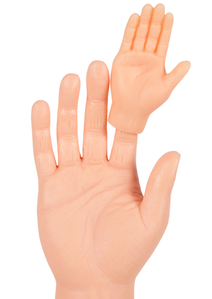 |
Related: Here’s a good quote from Eddie on how “it’s music theory, not fact.”
It’s music theory, not fact. Like lawyers and doctors: “Still practicing.” They ain’t got it down yet. It’s music theory, not fact. There are no rules. I never learned how to read music. Maybe that’s why I’m so twisted and unorthodox. But if I’d have taken guitar lessons, I wouldn’t do all the silly stuff that I do!
Things you are wrong about
You’ve got some blind spots and I’m here to help. To that end, see my new Instagram account (@thingsyouarewrongabout) for rants against conventional wisdom. Here’s a taste…
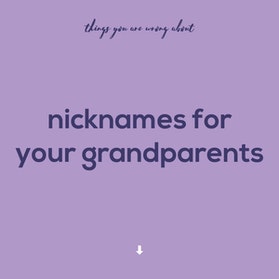 |
You are wrong about: The nicknames you have for your grandparents
If you have weird nicknames for your grandparents, you should realize the rest of us have no idea what you’re talking about. Your Ingba and Noonoo, is that what you just said? Look, none of us grew up in the shtetl that your family fled in the 1800s. Memaw and Bappy sound like startups that will deliver organic cat food flavored with essential oils to my doorstep each month. Ninna and Dapa? Sorry, I don’t speak Azerbaijani or Pierogi or whatever random language used in your ancestral homeland. You can call ‘em whatever you want in your house, but when you’re talking with strangers stick with Grandma and Grandpa because you can’t go wrong with the classics and life is about empathy which involves realizing the rest of us don’t speak Your House.
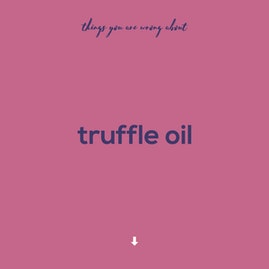 |
You’re wrong about: Truffle oil
Big Truffle got its hooks in you. It tastes fine but it ain’t all that and it’s certainly not worth paying an extra $3 for fries doused in it just because it makes you feel like some sorta high roller. Somewhere along the line we decided truffles were “fancy” and now we all keep playing along with this charade because we’re scared to be the little kid who says the emperor has no flavor. I just looked up truffle on wikipedia and it says, “French gastronome Jean Anthelme Brillat-Savarin called truffles ‘the diamond of the kitchen.’” Couldn’t have said it better myself because diamonds are BS! Yes, truffles have been falsely inflated in value by a cabal that has tricked us into thinking they’re super valuable just because they’re buried in the ground. Truffles are the blood diamonds of food! Just because they’re hard to get, doesn’t mean they’re actually worth anything and honestly, that’s a life lesson right there.
 |
You are wrong about: Awards shows
Kanye p*ssed on a Grammy. Ooooooh, so rebellious. Seriously, the dude is mentally ill and p*ssing on trophies and wearing a MAGA hat is what happens when your entire life becomes a trolling session. Imagine being married to a Kardashian and being the person in the marriage who cares too much about publicity. Yikes. Anyway, Grammys are meaningless and always have been and everyone has known this AT LEAST since that time they gave the best Hard Rock award to Jethro Tull over Metallica. Being impressed by Grammys is like thinking American Idol is for really good singers. It’s a way for the 75 year olds who run the music business to think they’re relevant because they give Aerosmith a Best Handkerchiefs on Mic Stand trophy or whatever. Also, the Emmys are nonsense too. Do you know how many goddamn trophies they give out to mediocre writers who are staffed on sitcoms? Awards shows are industry-specific pyramid scheme circlejerks where everyone gets dressed up and pats each other on the back. They don’t actually reward genuine artistic merit and the proper way to treat ‘em is to sit in the back row and heckle ‘em all for being out of touch graybeards who don’t get what the kids are into these days. Every award show is just that artform’s version of Pelosi and Schumer wearing Kente cloth.
Follow @thingsyouarewrongabout on Instagram for more like this. And let me know what you think about it. (Note: I might think you’re wrong because…)
Q&A about the newsletter life
Podcaster/comic/friend-of-the-Rubesletter Paul Ollinger sent me a note with some questions about this here newsletter and how/why I do it. Reprinting it here:
Paul: Rubesletter reads like it’s your journal and that’s interesting. It’s as if you’re simultaneously working out material and giving people a peak into your brain. Is that the point?
I like that description a lot actually. It definitely enables me to "speak" in a way that I''m not able to onstage or via social media.
Also, I feel more ownership with this than social media platforms. I think a lot about those poor saps who busted their ass to build huge followers on Vine only to see it go kaput a few years later. Social media networks are like hard drives: They''ll all fail eventually. And then your followers are gone forever. Email feels like a smarter long-term path.
Paul: How long does this thing take you to write?
Several hours to actually put the finished product together but more if you include all the research, writing, and curating that goes into it. However, a lot of that is stuff that I''m doing anyway. I''m writing new bits/essays, posting stuff to Twitter, listening to podcasts, reading articles online, etc. anyway so the newsletter feels like a good place to "output" all that in one location.
Paul: Do you do it as a forcing function to get bits worked out?
The collapse of standup has definitely led me to intensify my online output and work more on the newsletter and other digital stuff (like my new wellness podcast and a new IG account: Things You''re Wrong About). Just trying to pursue new paths these days since stage time has dried up. We''ll see what sticks/where I''m appreciated instead of tolerated (or, even worse, ignored).
Interestingly, writing the Rubesletter has made me feel more adept at figuring out whether something is right for the stage or right for the page. Occasionally things can work well in multiple settings but many things feel like they should live exclusively as a standup joke, a Tweet, or an essay. I like the nuance/depth possible via longform content. Also, I like standup that is more evergreen whereas with the newsletter I''m more likely to focus on topical stuff.
Paul: I’m conflicted about the “newsletter” I send monthly/bi-monthly. It’s transparent promotion for my podcast or whatever else I have going on, and I struggle to answer “what’s in it for the recipient?” Other than links to some above-average podcasting.
Well, if people sign up because they want to be notified of your podcast guests, then you''re providing value.
I think the easiest way to do a newsletter is to just be a curator. Pick the 10 links each week that you''re already discussing with friends or sharing with colleagues. Austin Kleon does a good job at this and explains his thinking on it like this:
I have always felt like this blog is my refrigerator. I make something, or I clip out something I like, and I put it on the refrigerator. The next day, I go and find something else to put on the fridge.
The more specific the niche, the better. (One issue I have is being too much of a generalist. This is good for being an interesting person but bad for gaining followers online.) Josh Spector offers up a lot of good tips on newsletter life. He works with comics and is a good dude who I''ve met before.
Also, I feel like any interesting exchange I have with people is good fodder for the newsletter. If it''s a conversation I''m interested in having then I imagine others might be interested in it too.
Related: I interviewed Paul about money/his pod for BTRtoday recently.
Quickies







Spotted
1) An assistant to George Carlin (now a writer at ESPN) writes about what it was like working with him.
A constant theme in Carlin''s comedy was language, how phrases often don''t make sense ("What does it mean to pre-board? Do you get on before you get on?") and most prominently, the absurdity that any words could be offensive or hurtful or obscene. Words are just words, he would argue. It''s the context of those words that''s key. The motivation and intent behind what someone says. The idea that one word was bad while another was safe was absurd to him. He would give an example.
"Tonight, my wife and I are walking the dog."
Fine, right? Harmless sentence.
But, George would say, what if I said it like this? And with that, he would use a leering, "bragging-to-the-guys" kind of voice that is unmistakably Carlin: "Oh yeah," he''d say with a knowing wink, "Tonight my wife and I are ... walking the dog." If words could wiggle their eyebrows, it''s exactly what they''d be doing. But they can''t. Words are just words. It''s all about context, tone, intonation. Language.
You could teach a college class on linguistics based on Carlin’s material. One of my faves is this rant about PTSD.
2) 40 Year Old Version on Netflix is really great. Spike/Woody/NYC vibes but modern. Taps into what it''s like to (attempt to) live a life making art. And every time it could have turned corny, it went somewhere else instead. Watch it.
3) On The Lasch by Jules Evans. Why are seemingly amoral corporations and the 1% leaning into anti-racism so much? Because it distracts us from income inequality.
We thus come to the conclusion that the intense focus on anti-racism and on consciousness shifting and symbolic gestures actually serves the elite extremely well — it fits into their culture of ‘inner work’, it creates a whole new corporate industry, it creates a highly specialized language (‘intersectionality’ etc) which becomes another ingroup marker for the graduate elite, it creates a new rationale to look down on the hopeless working-class, and it distracts from any awkward questions about income inequality and inequality of life standards.
4) John Cleese on the great thing about comedy:
The trouble is that most people want to be right. The very best people, however, want to know if they are right. That''s the great thing about working in comedy. If the audience doesn''t laugh, you know you''ve got it wrong.
5) Louise Glück on Poetry, Aging and a Surprise Nobel Prize: “The hope is that if you live through it, there will be art on the other side.” Evokes the “everything is copy” philosophy of Nora Ephron. More good Glück:
Writing is a kind of revenge against circumstance too: bad luck, loss, pain. If you make something out of it, then you''ve no longer been bested by these events.
Reminds me of one of the nice things about doing comedy. The more things get crazy in real life, the more material you’ve got.
Bonus: The best one of those “How it started. How it''s going.” things.
Reel Life
The most dramatic video I’ve made this year.

The end credits
First timer? Subscribe here and check the archive.
Support via Venmo (@rubymatt) or PayPal.
About Matt Ruby: I’m a standup comedian, the creator of Vooza, and a rapscallion. This is my newsletter filled with smart/funny takes on tech, art, wellness, politics, etc.










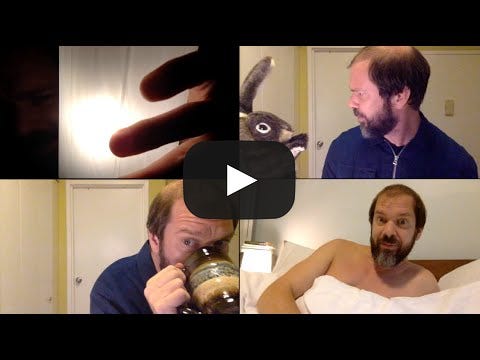
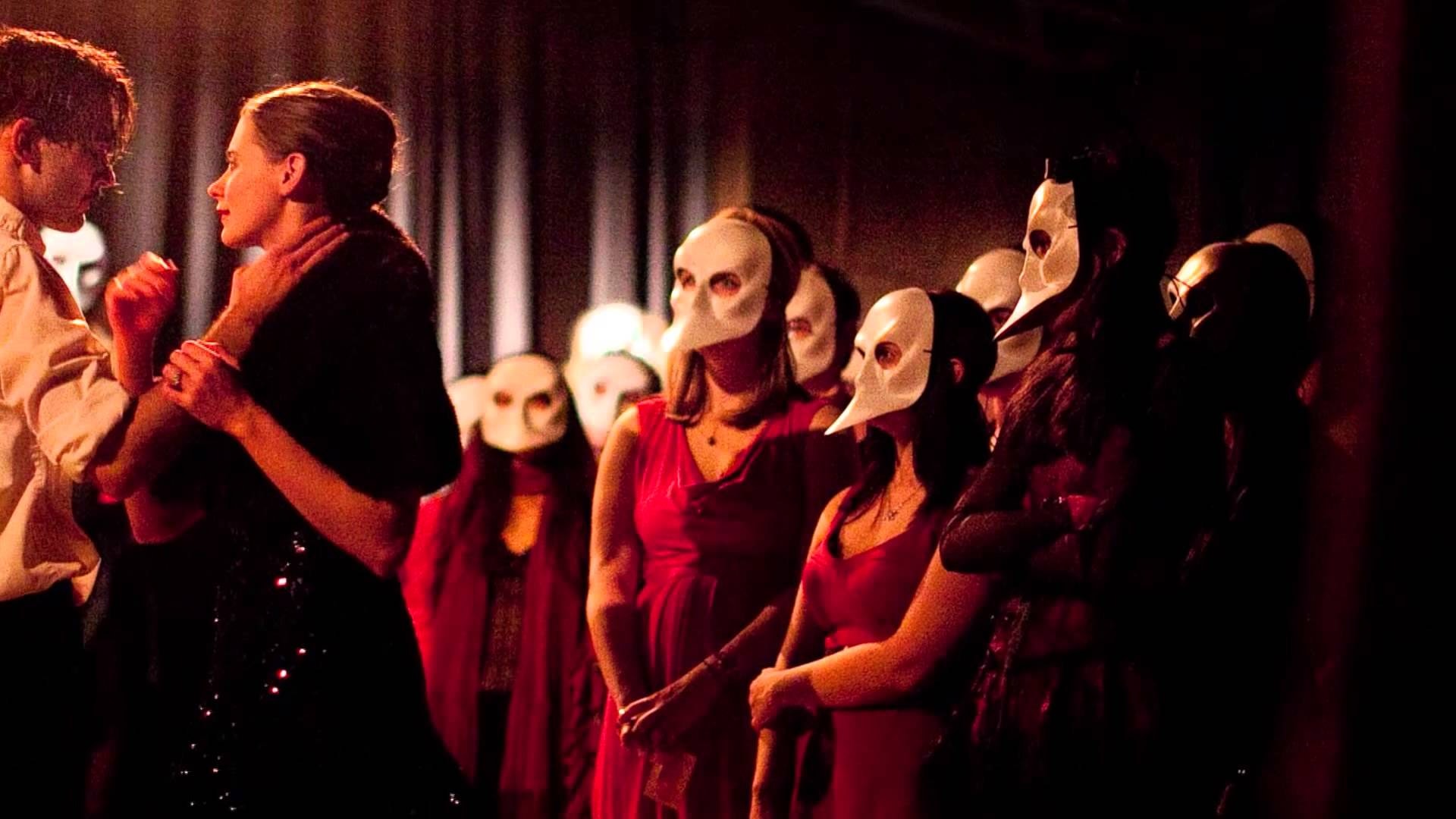
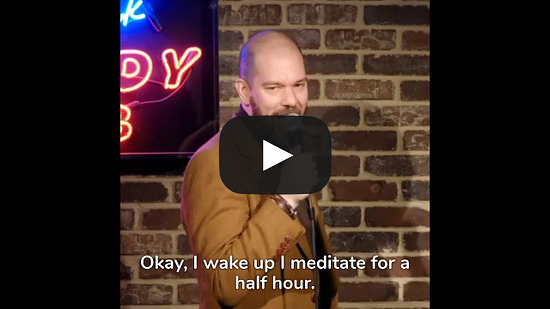

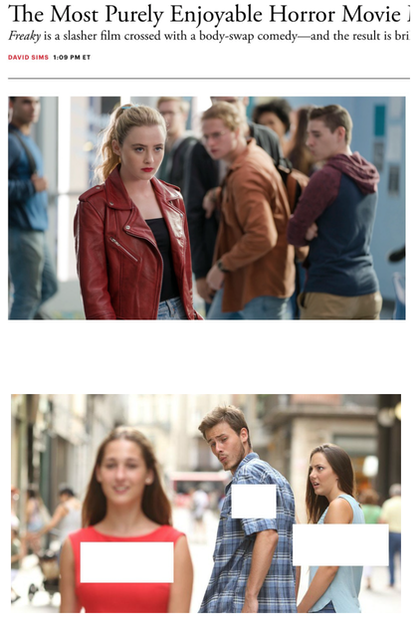
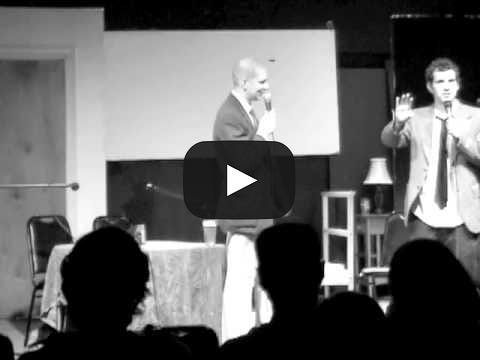
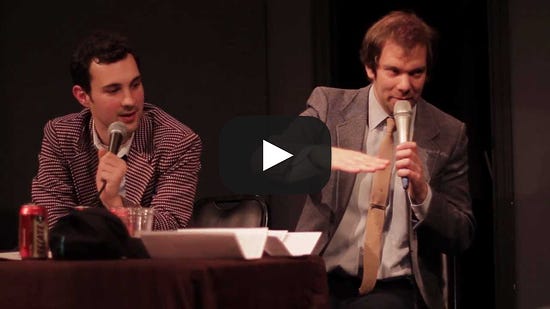



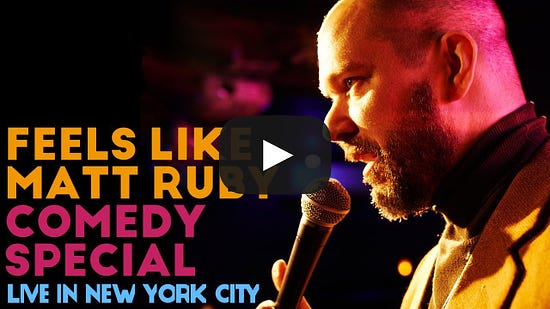


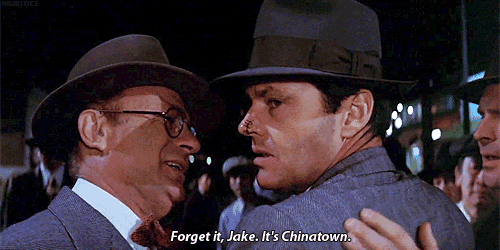
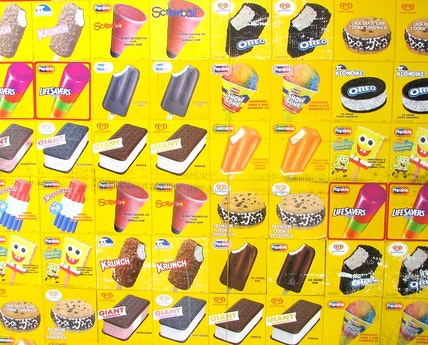
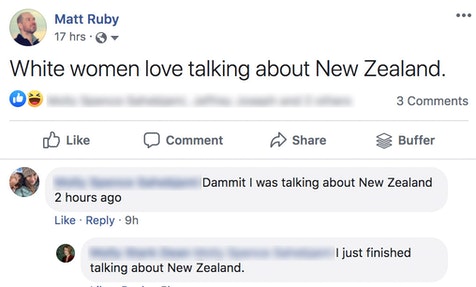



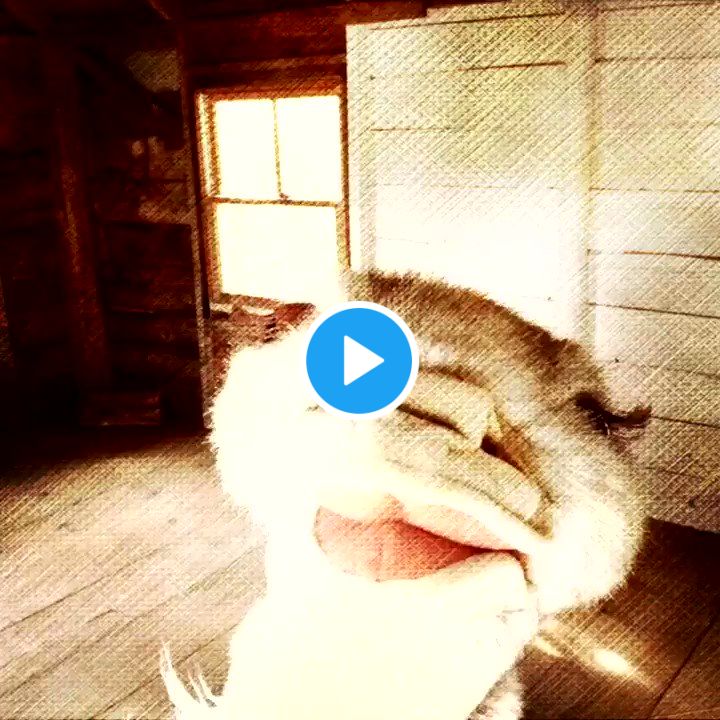
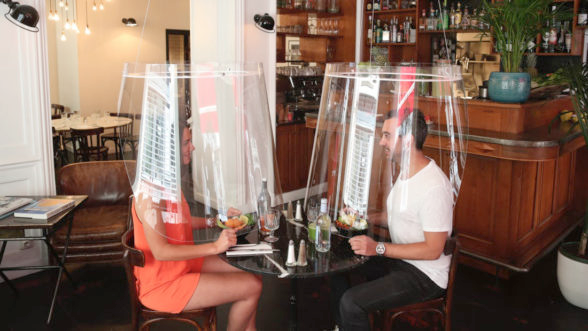
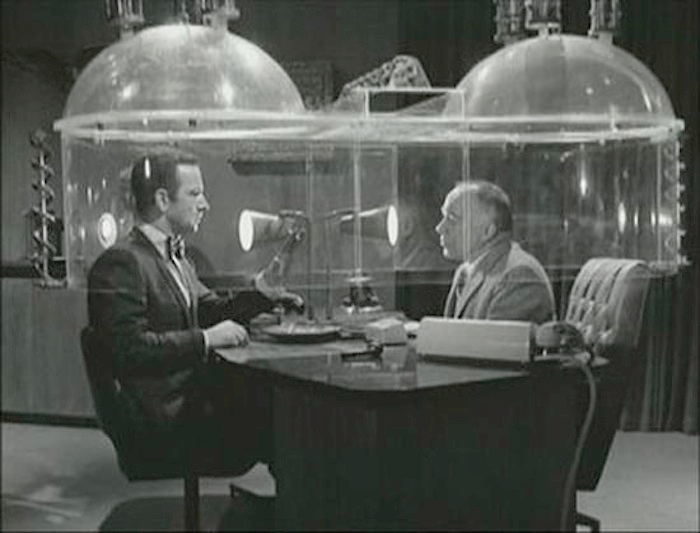
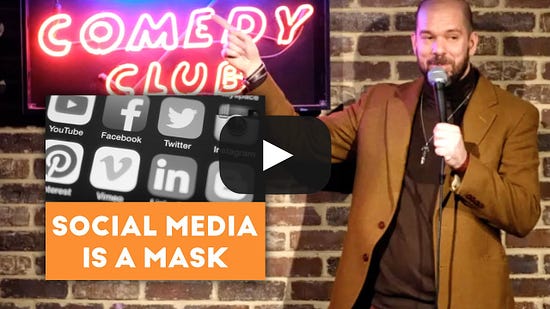

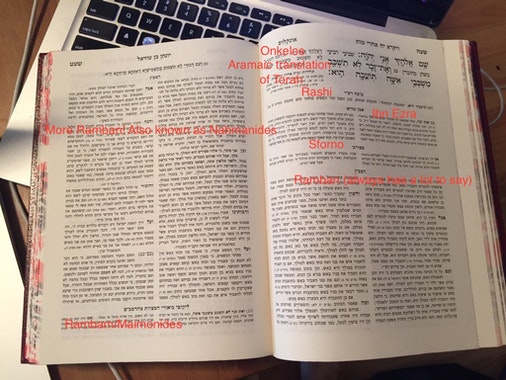




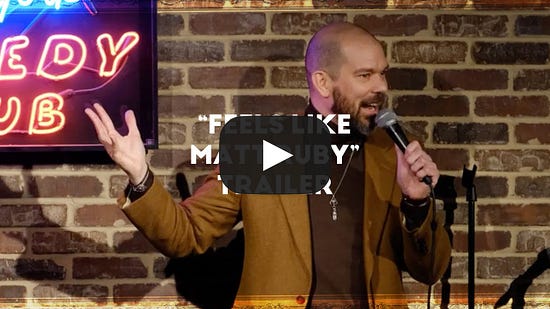
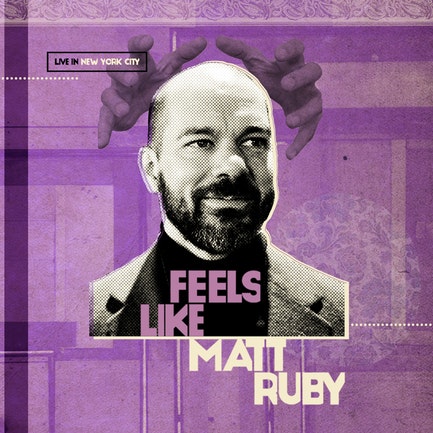


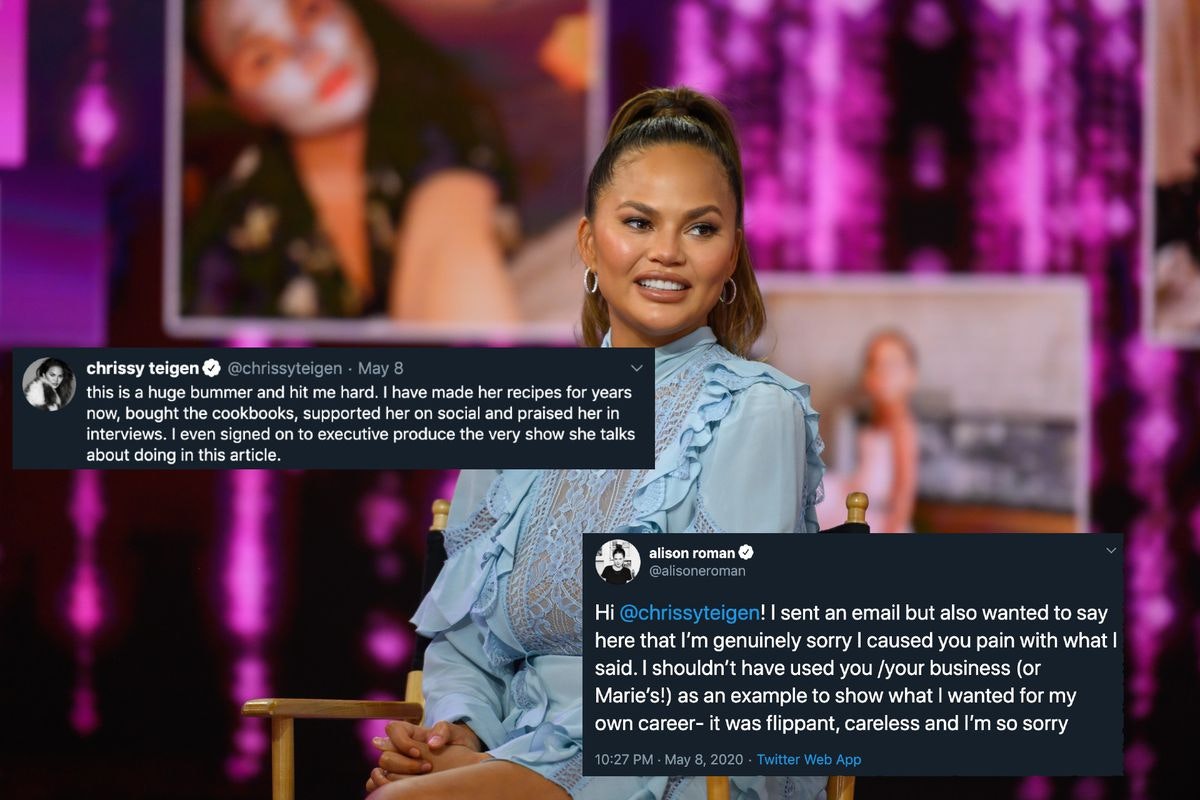

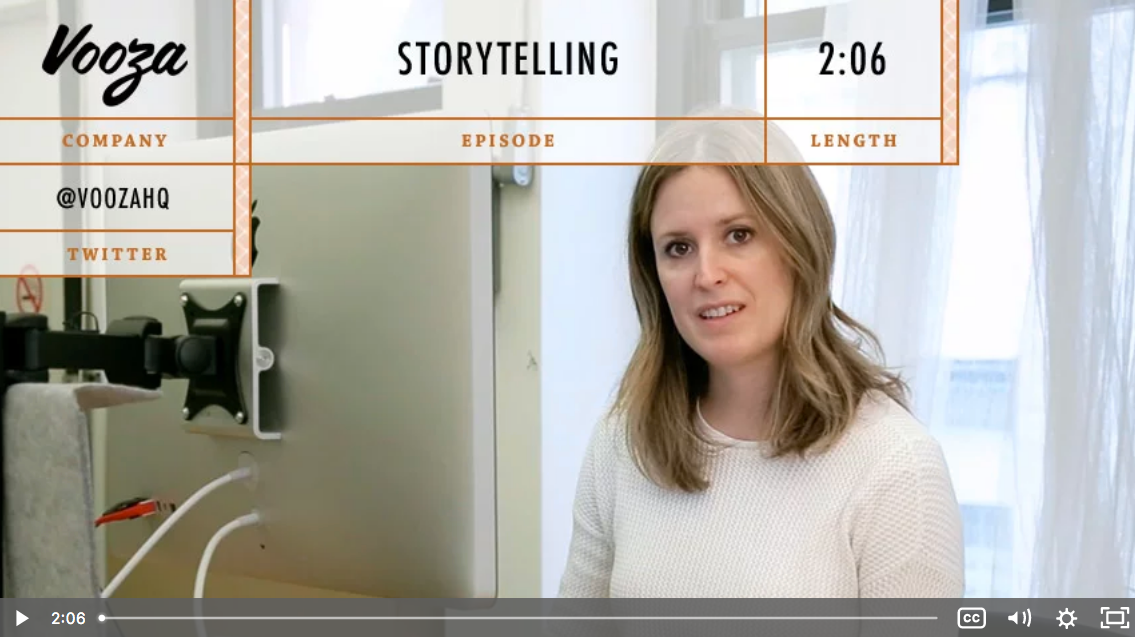


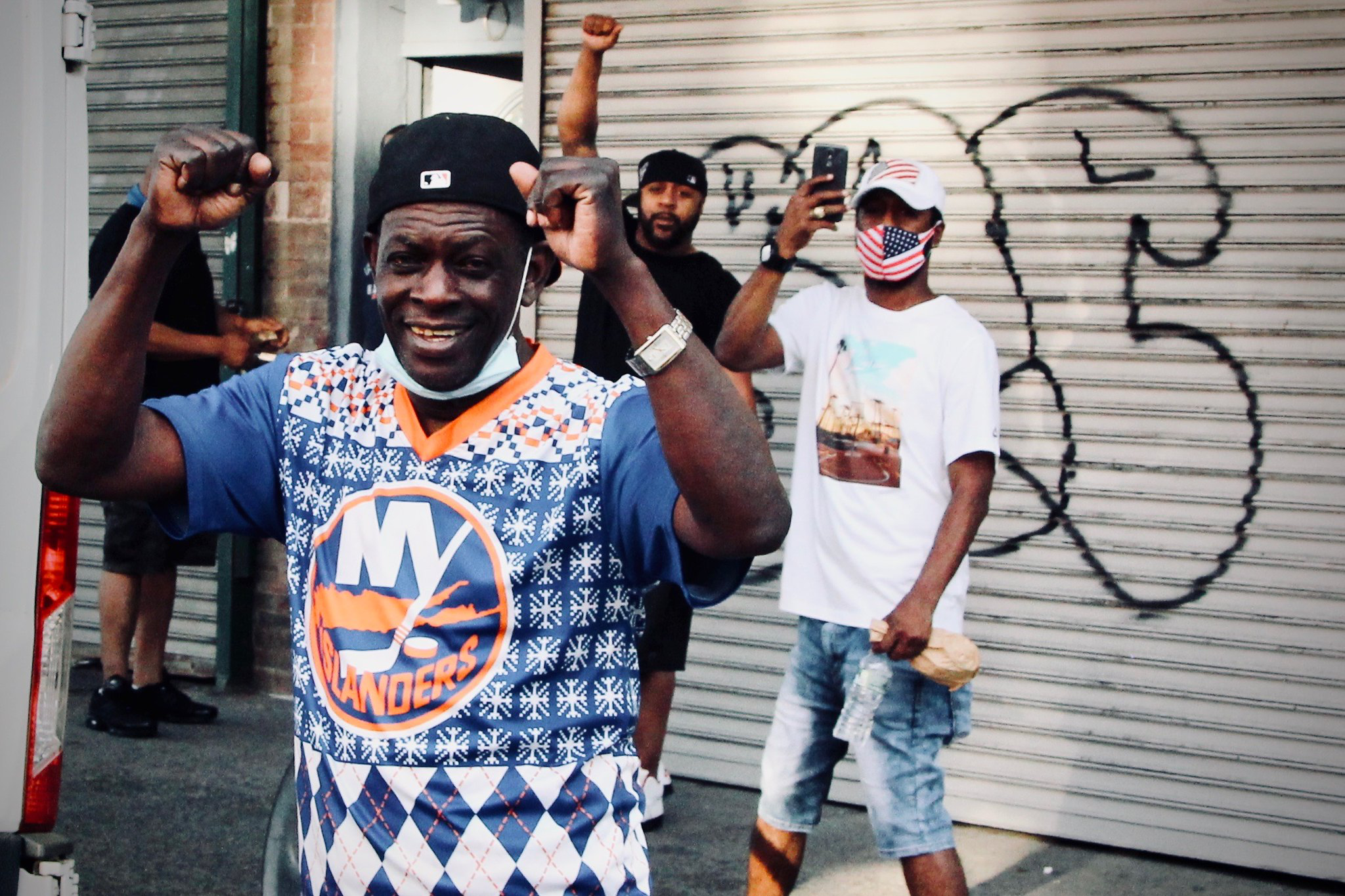
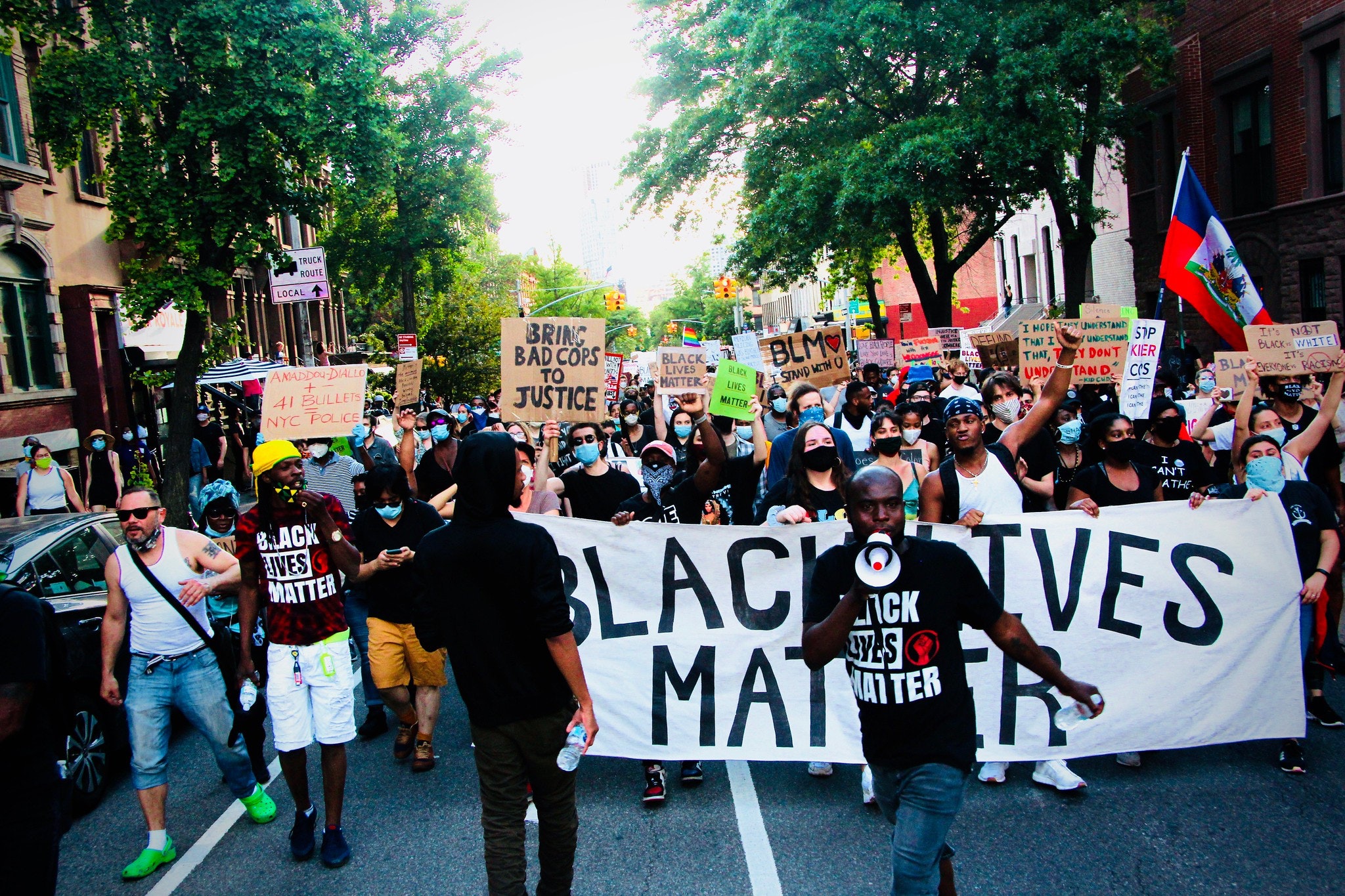
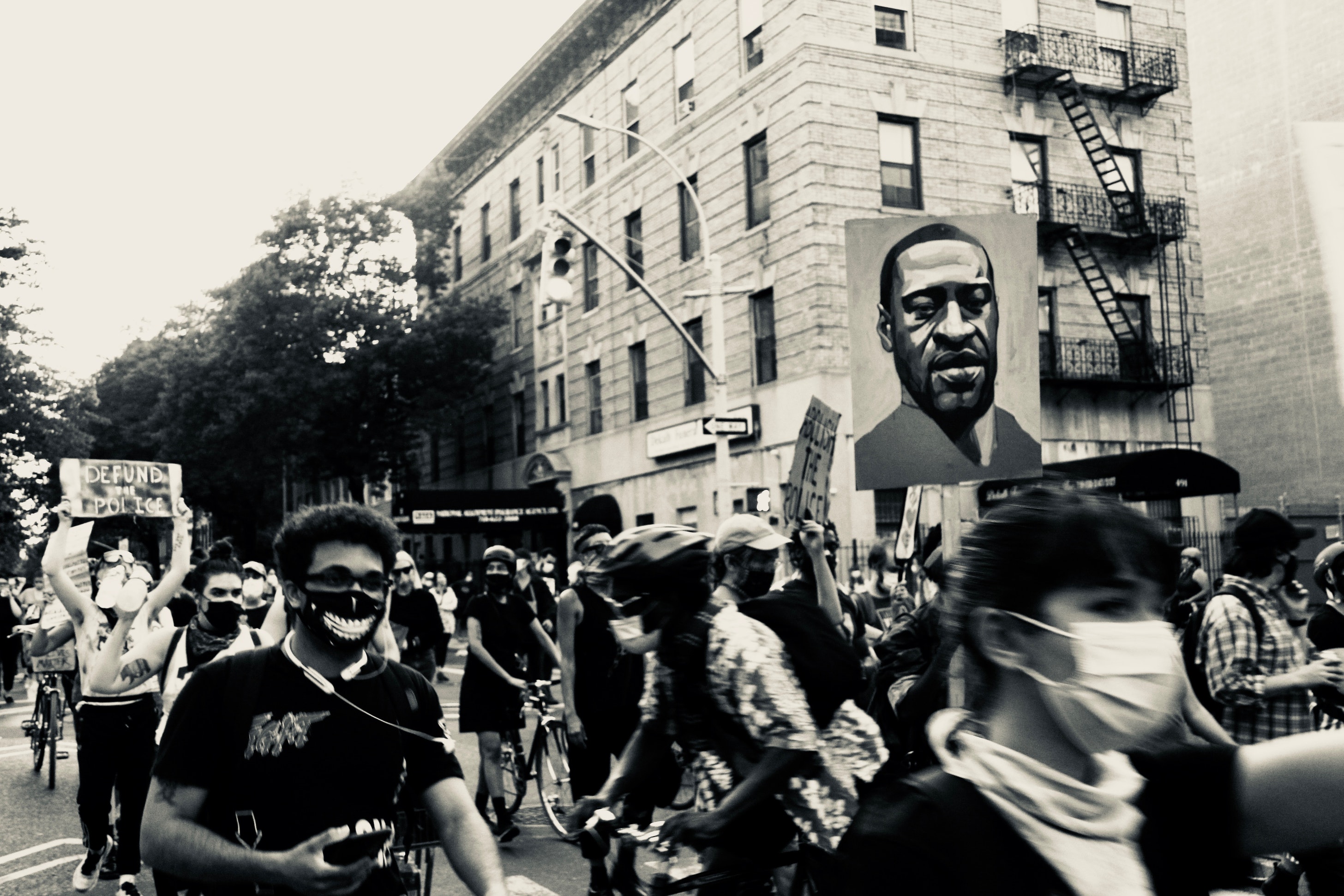
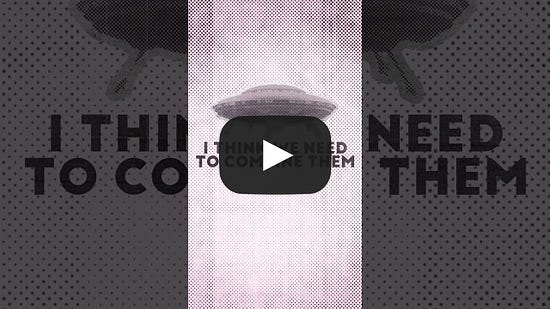
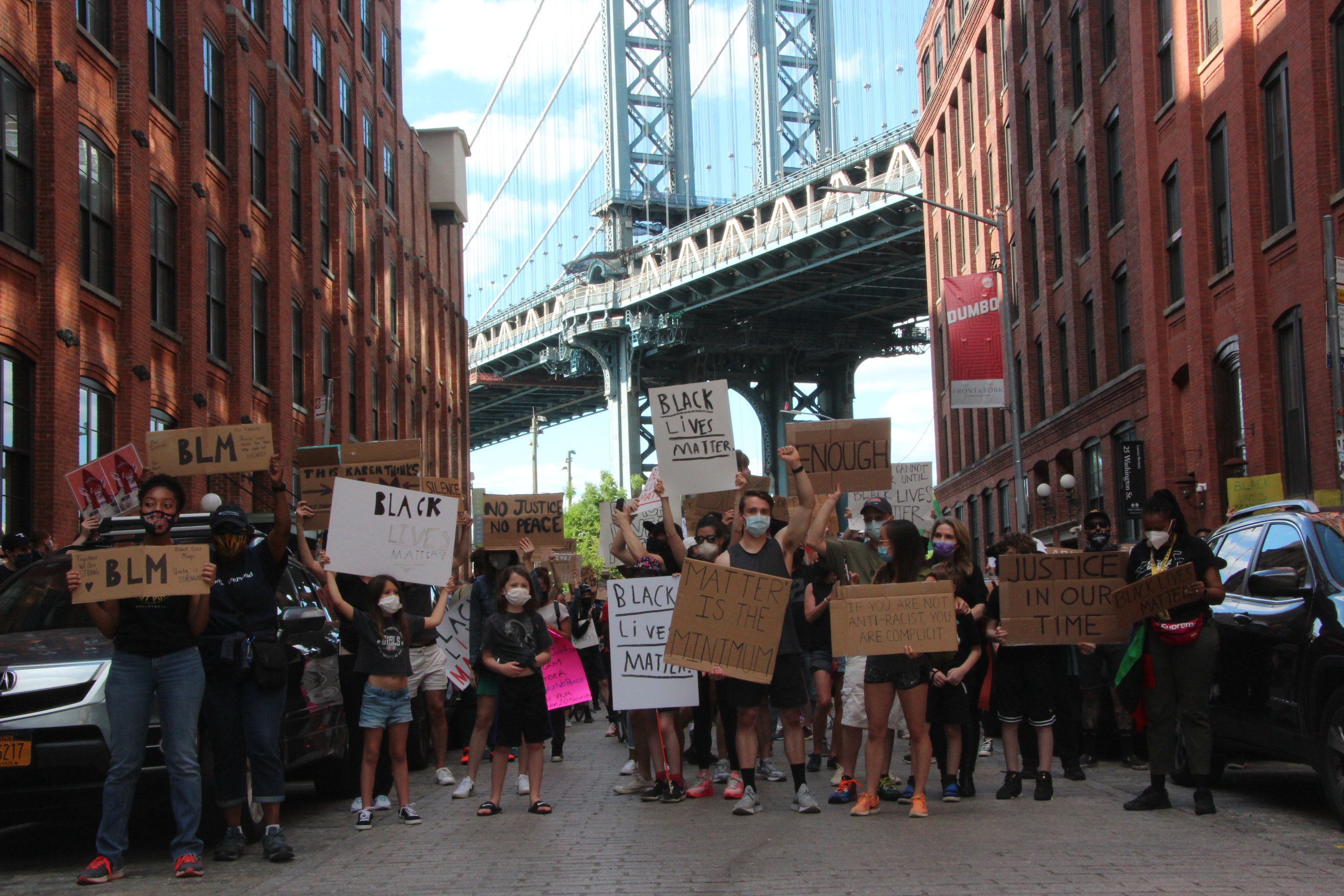

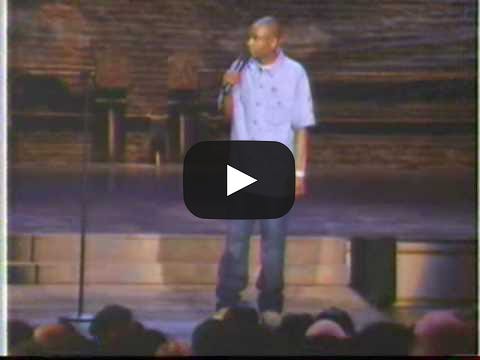





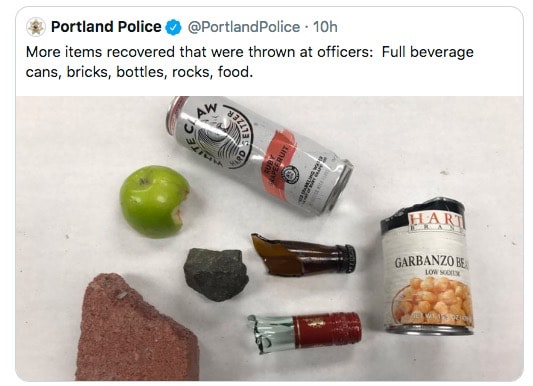
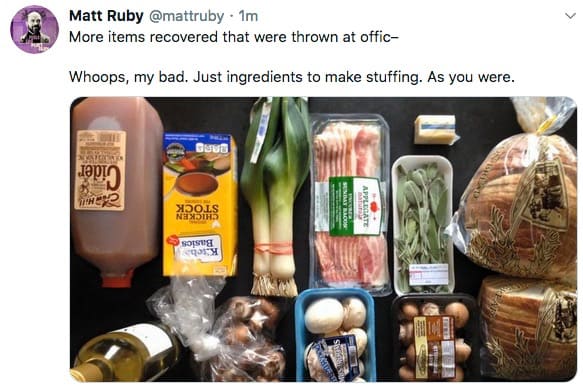
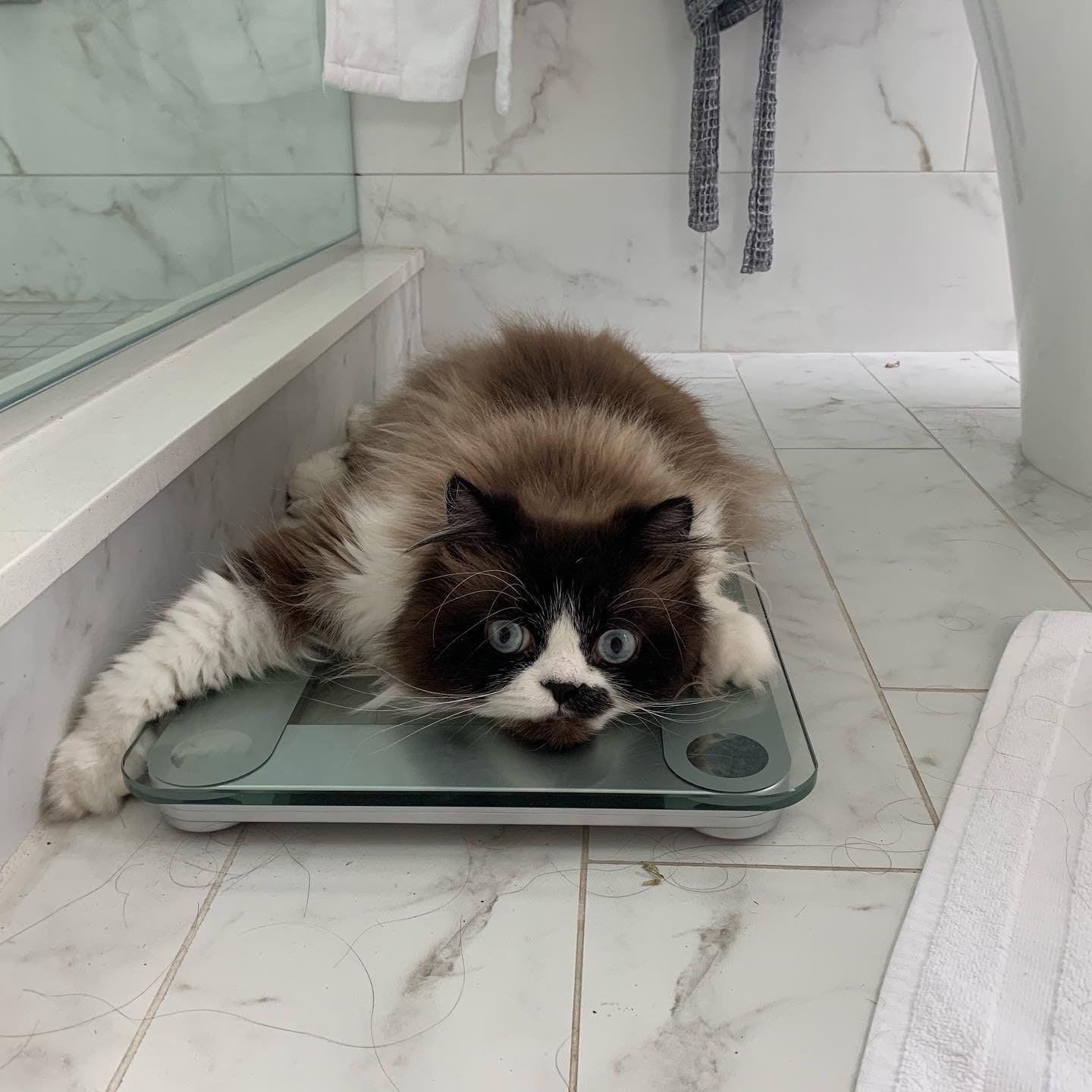
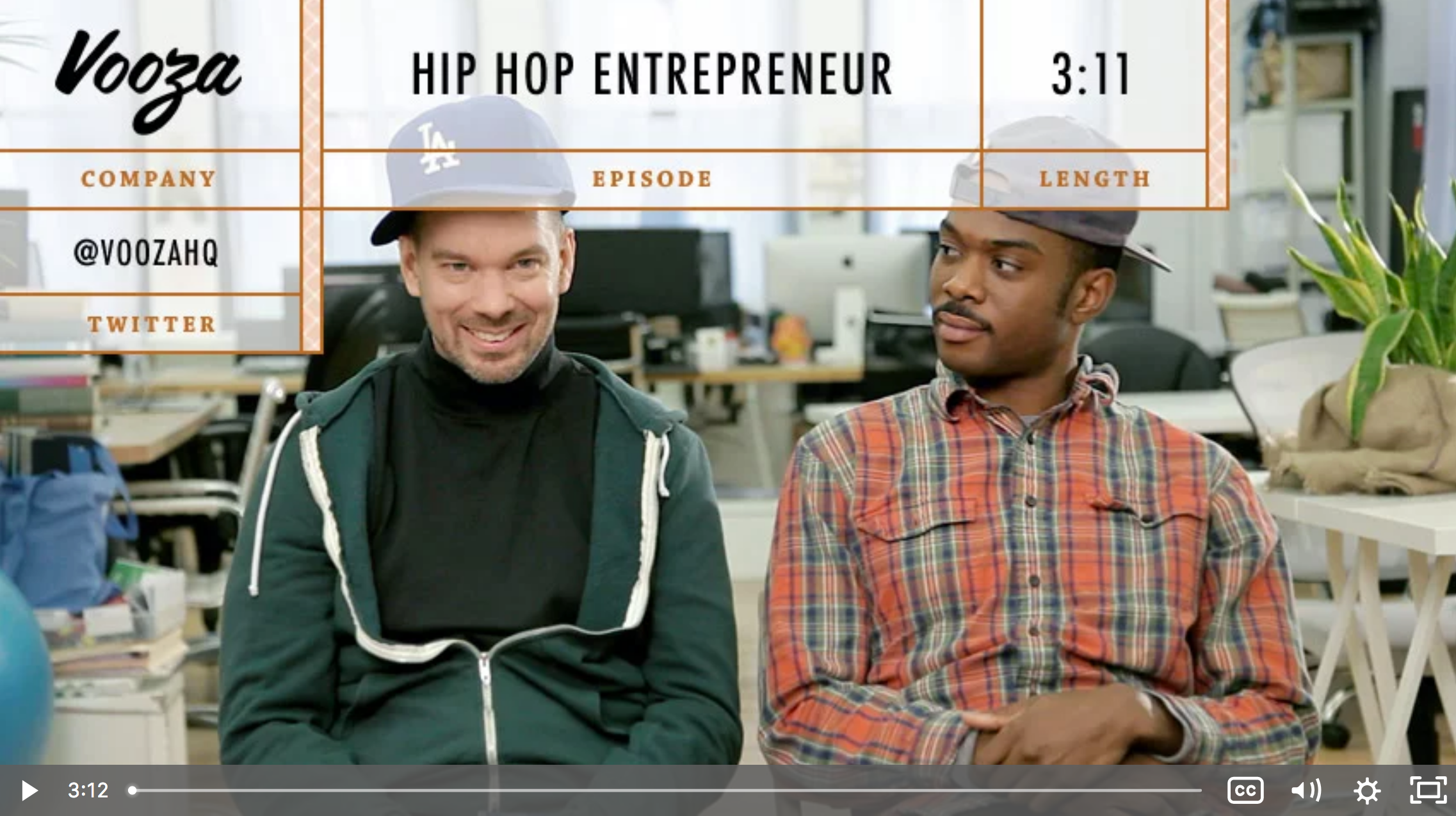





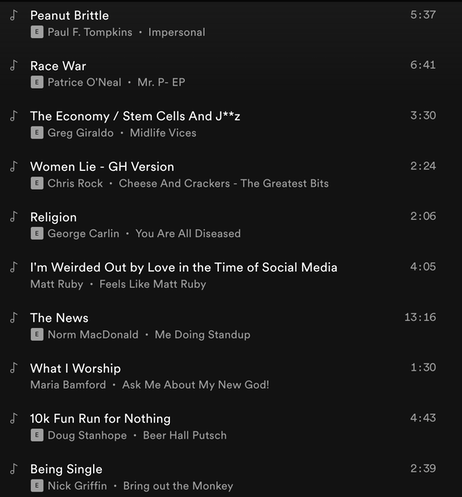
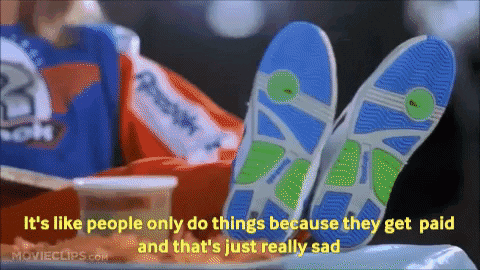
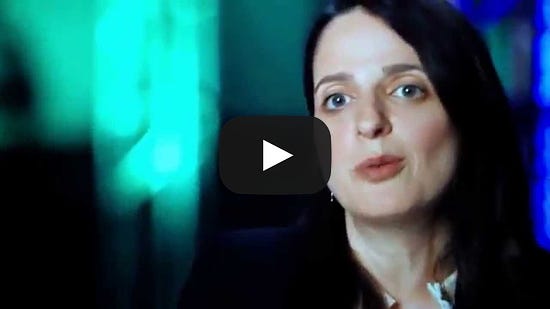




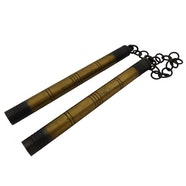
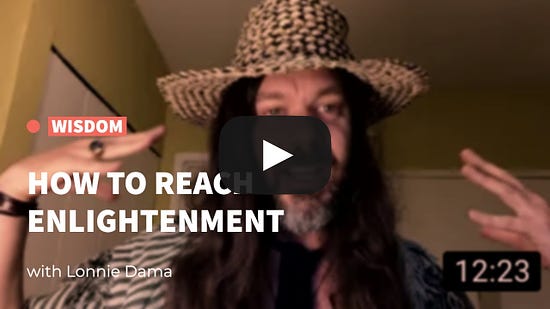

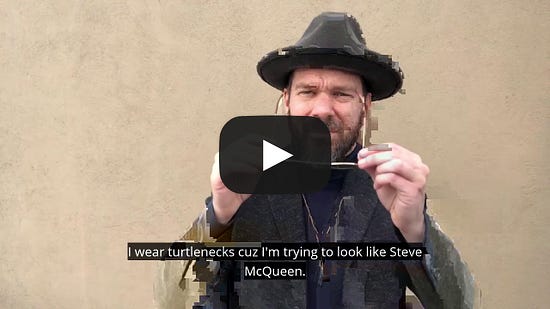
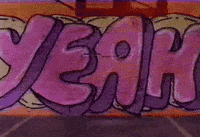

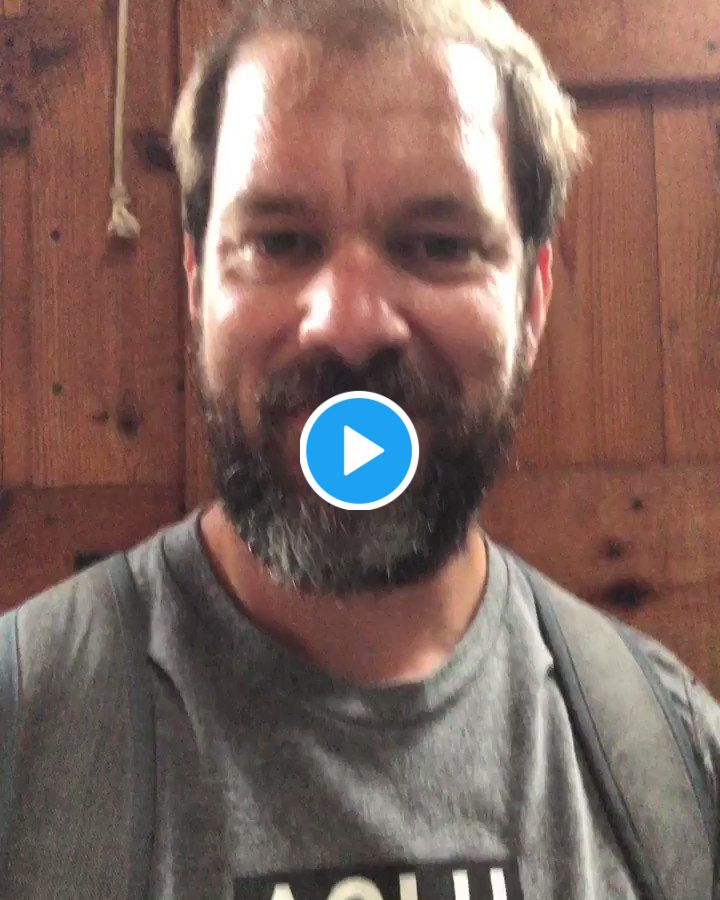
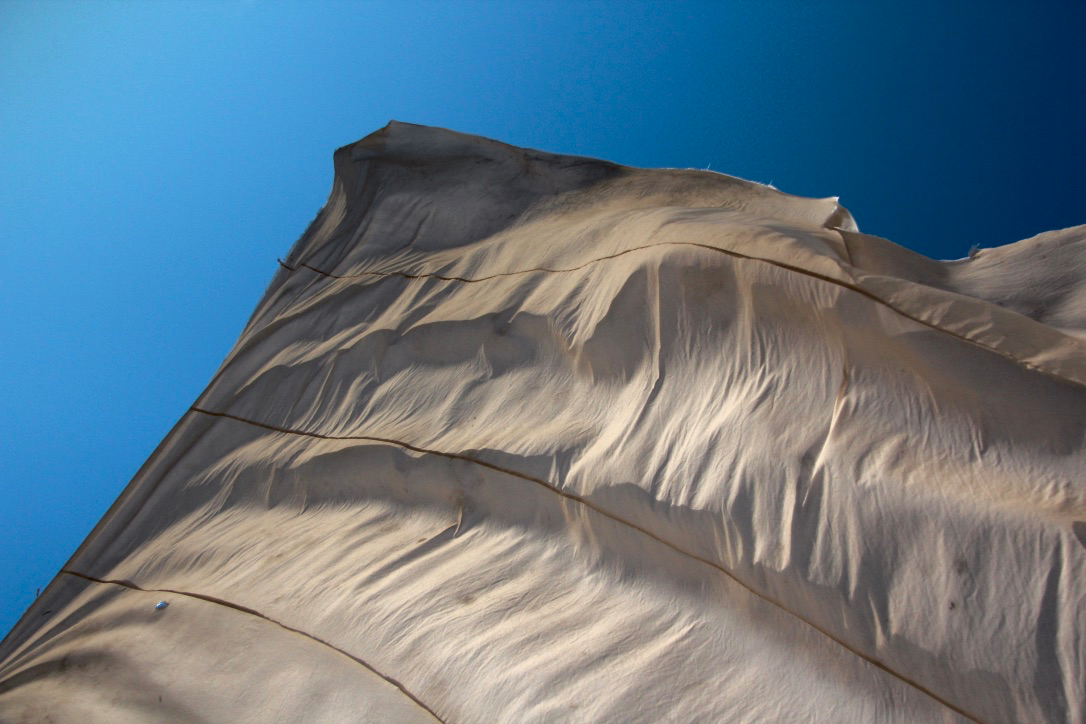

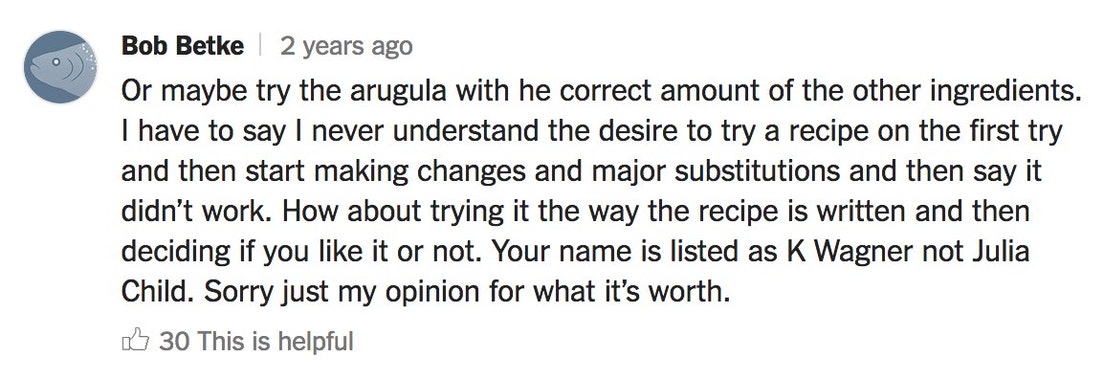



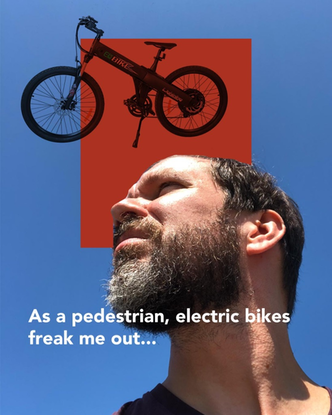
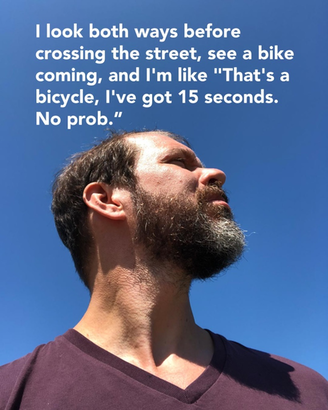
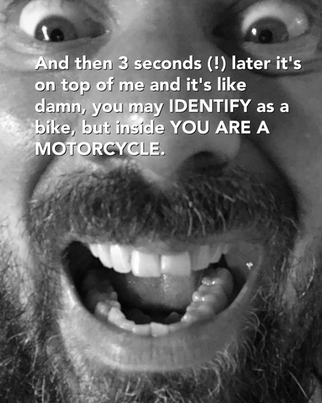
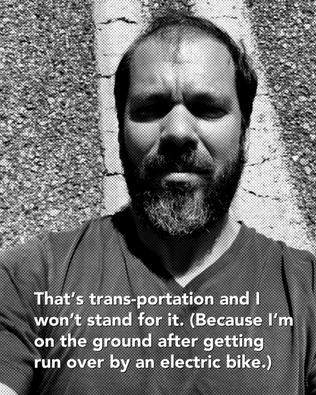
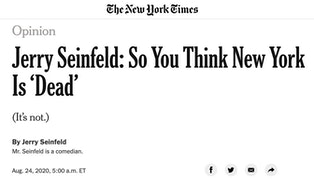
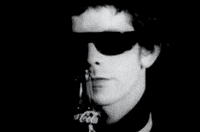
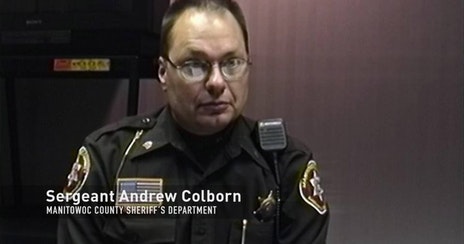
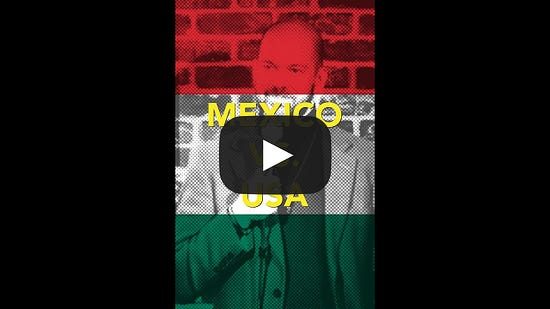


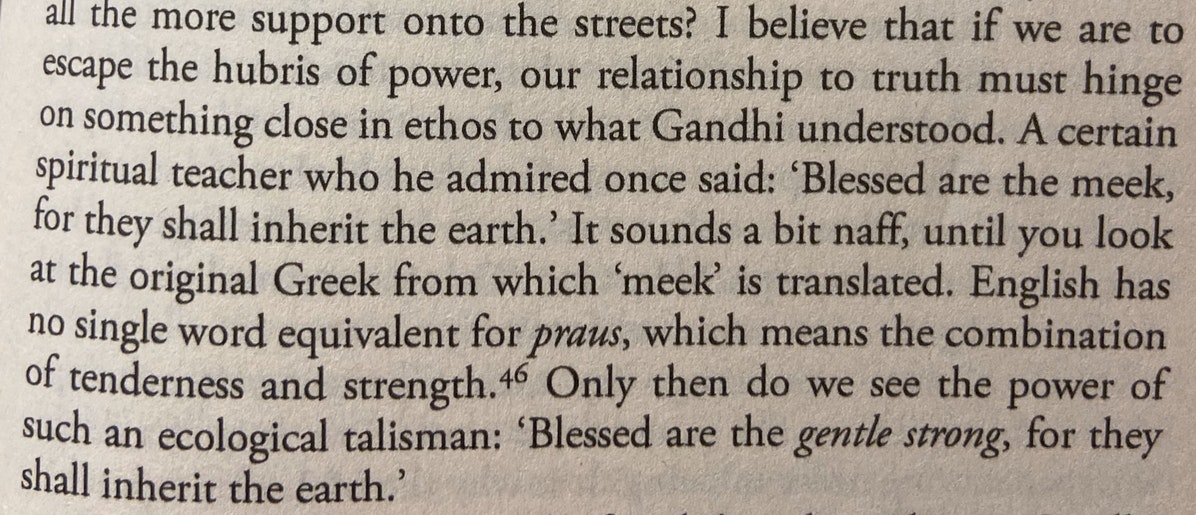




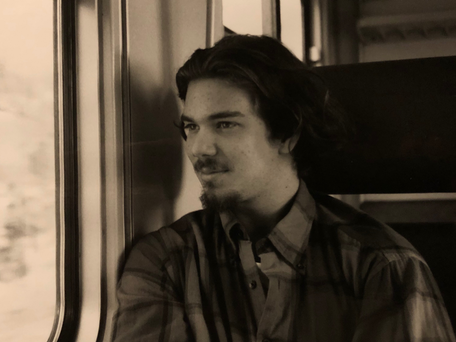
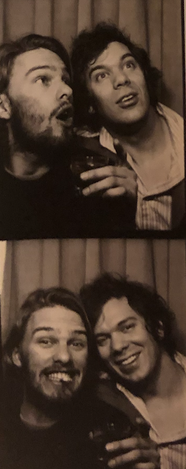
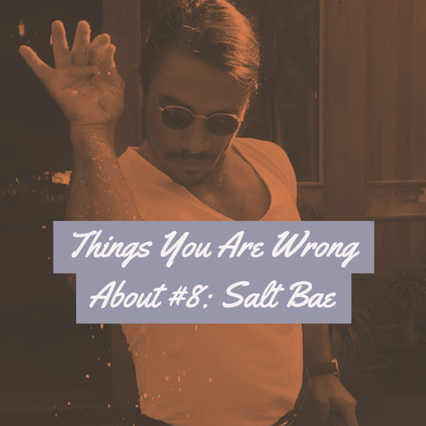
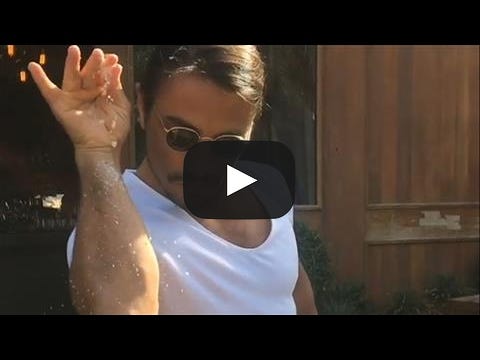
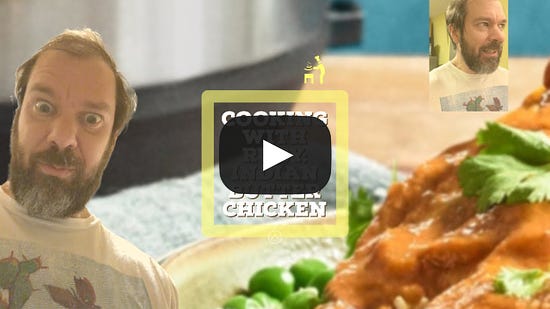

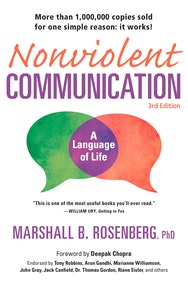
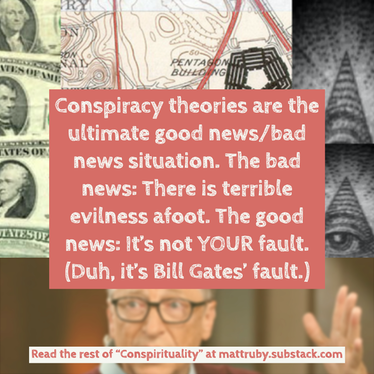


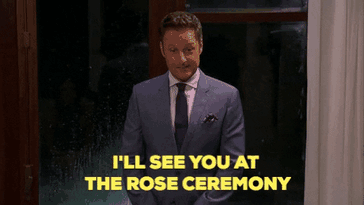
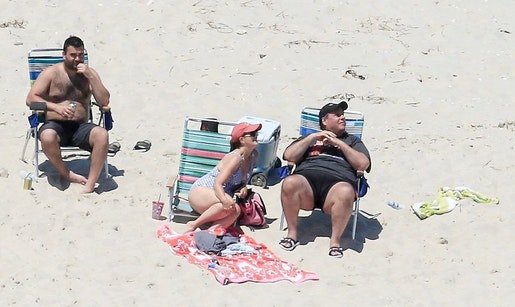
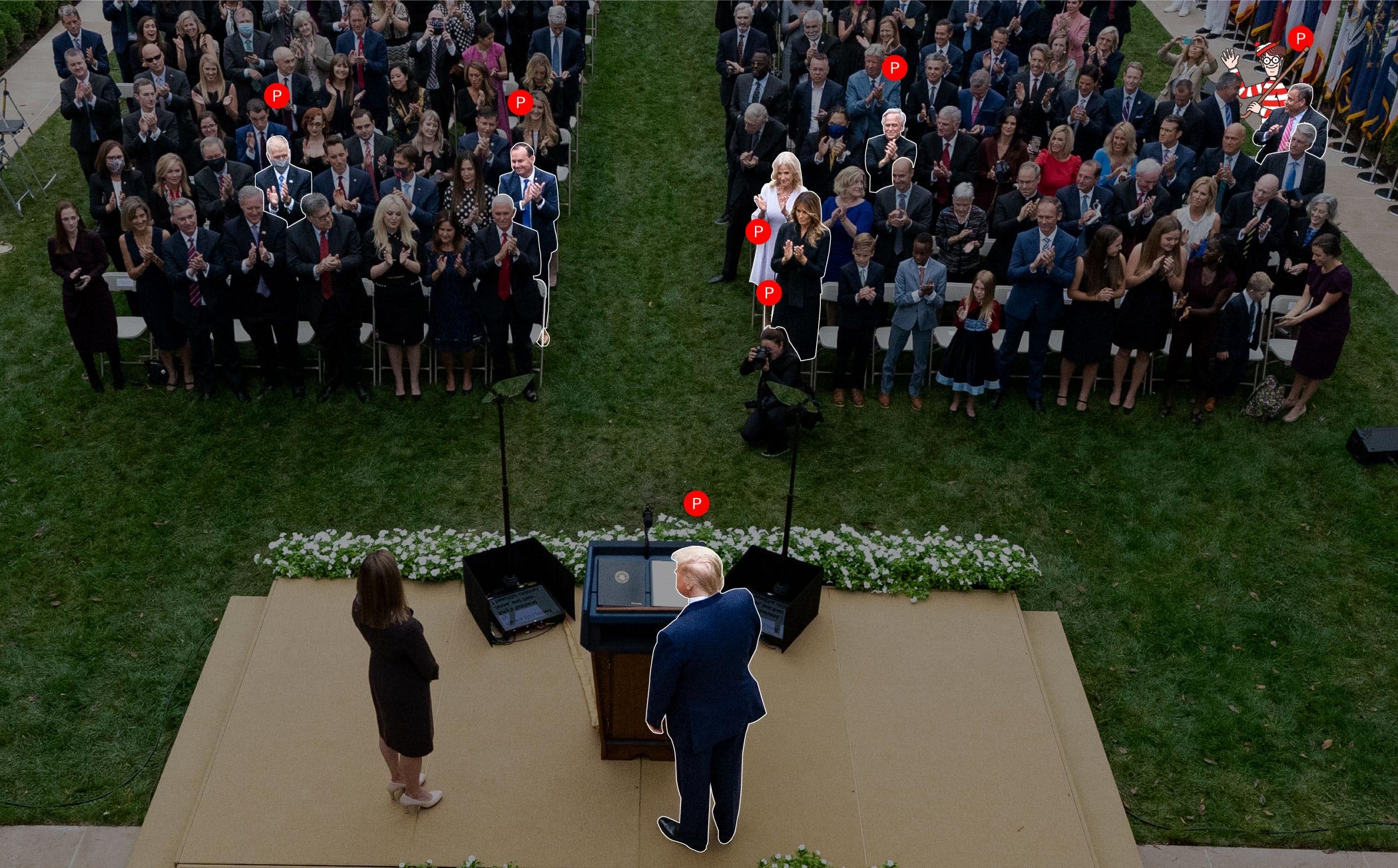
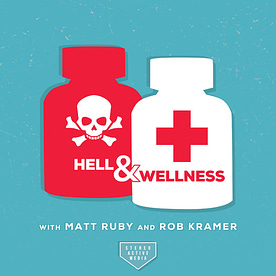



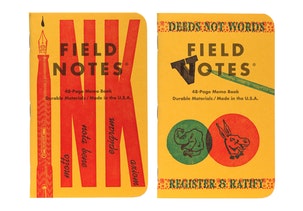


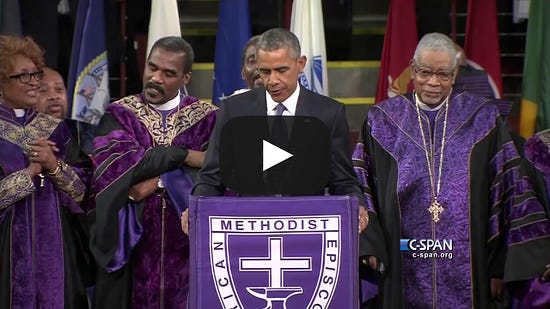
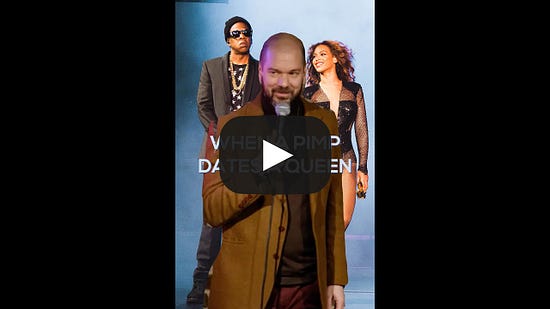


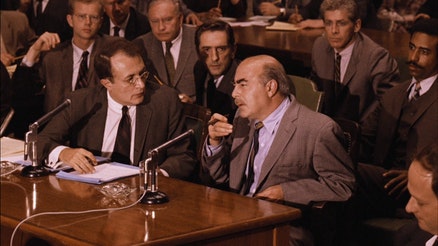
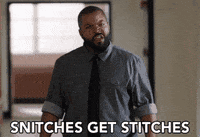
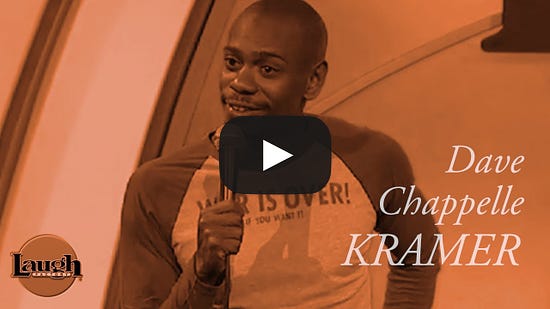

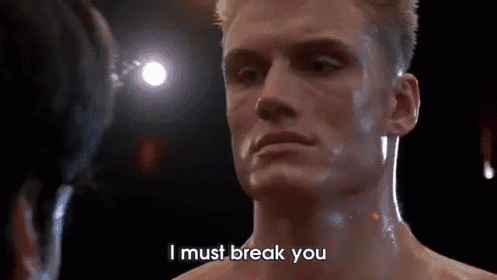


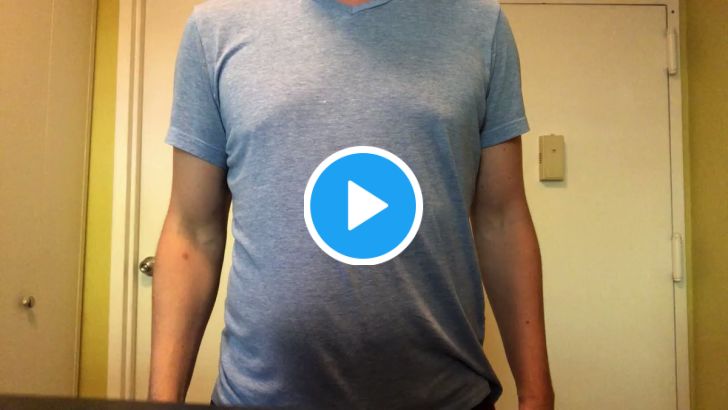
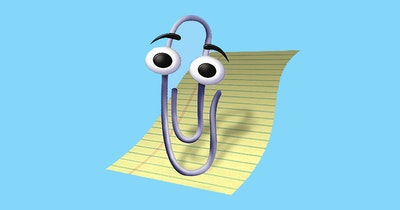






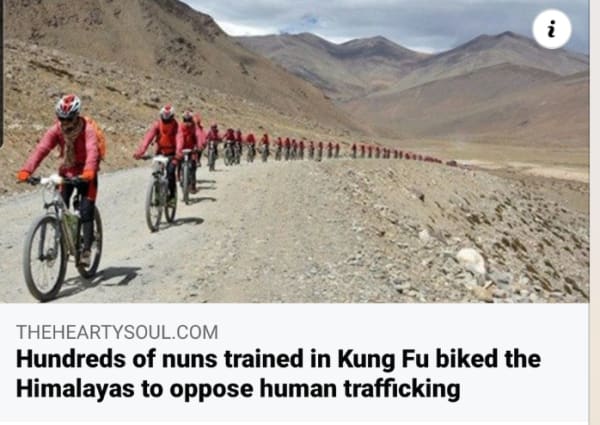


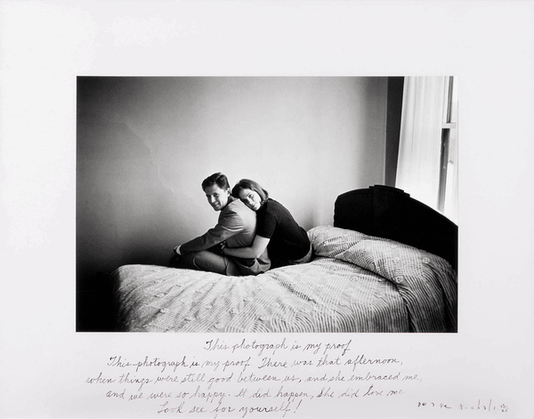
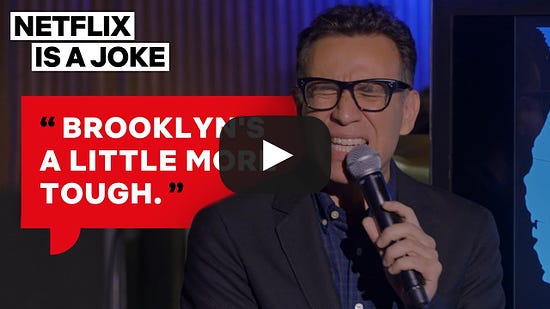
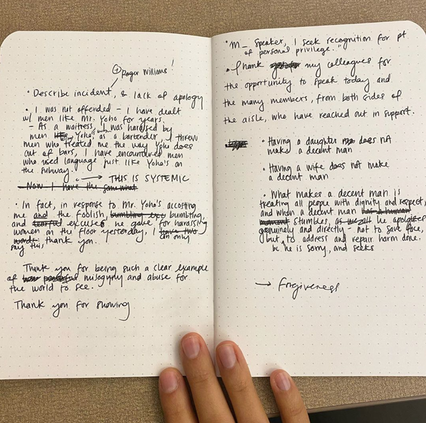
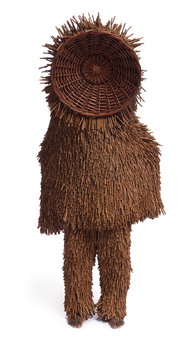
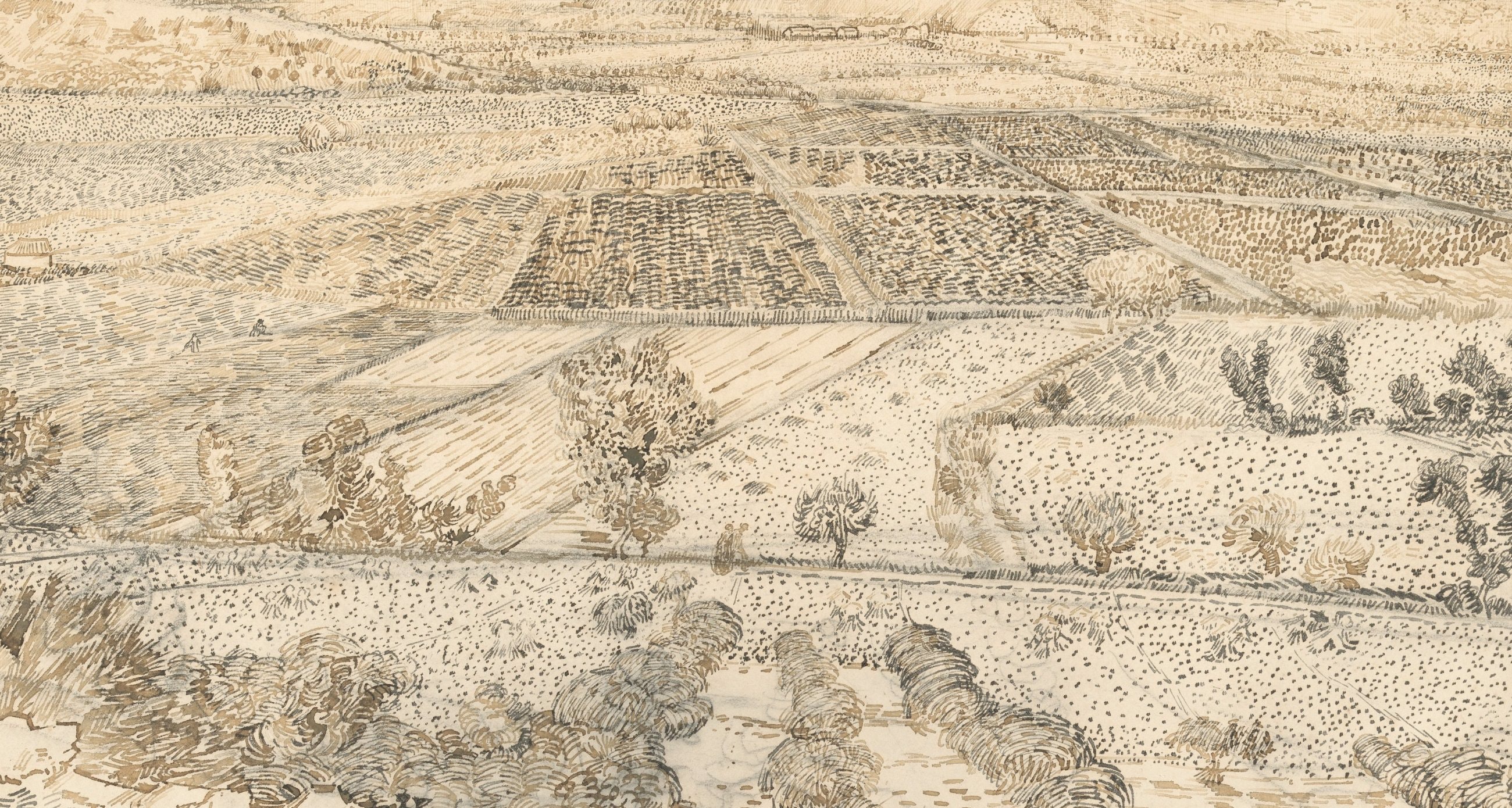
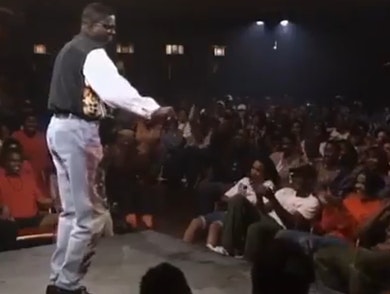
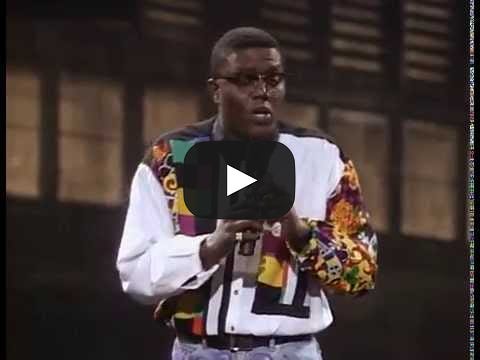



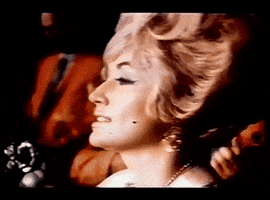

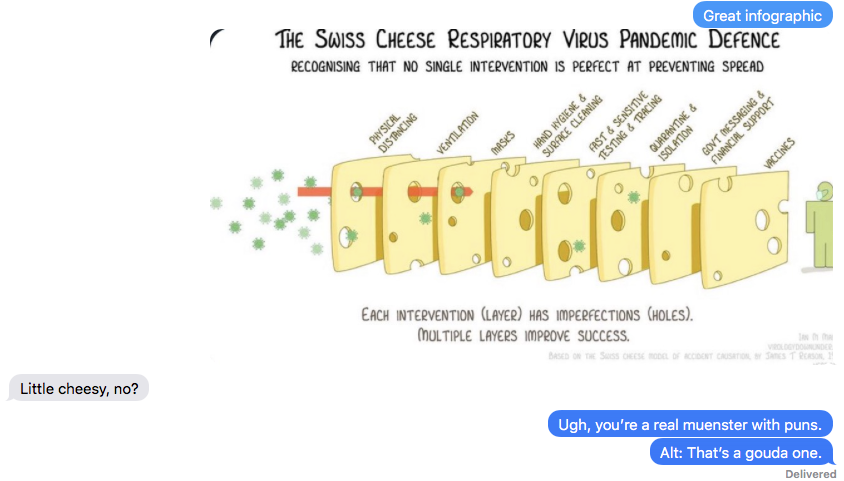
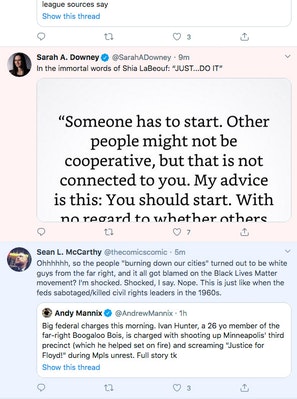
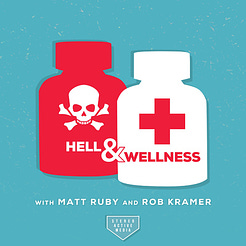
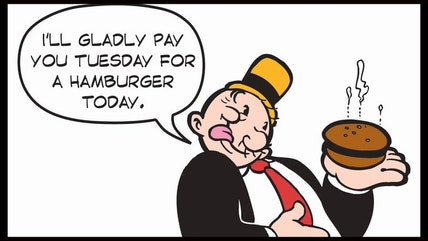
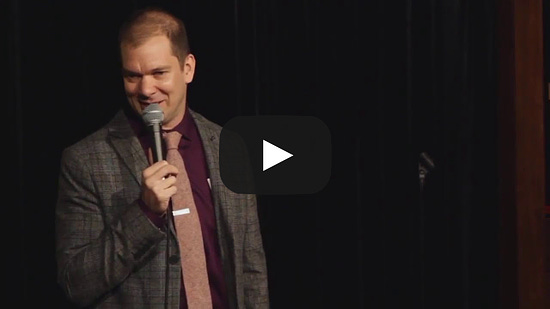
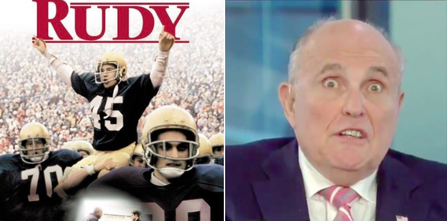
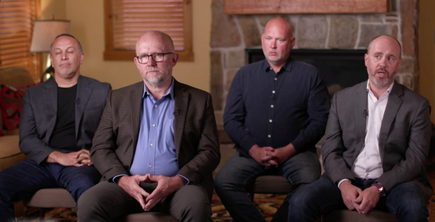




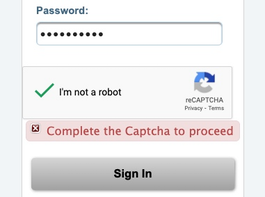

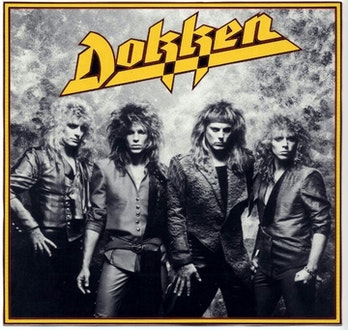
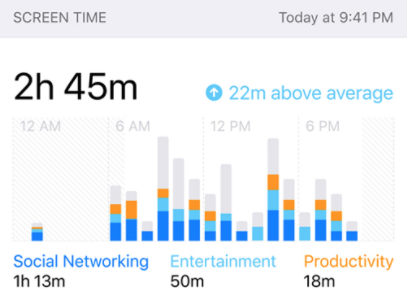



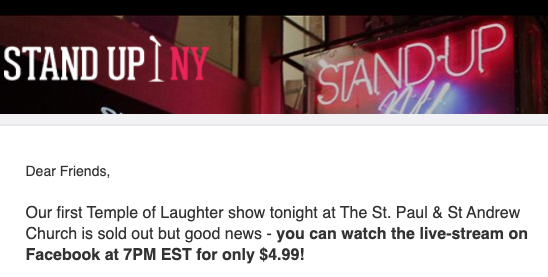


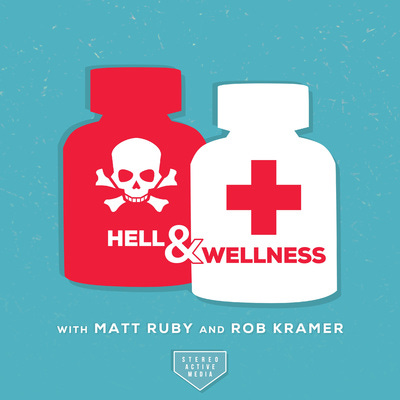



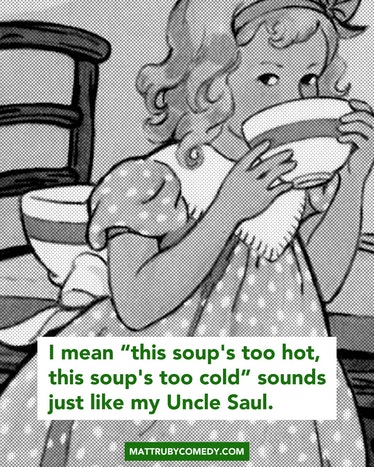
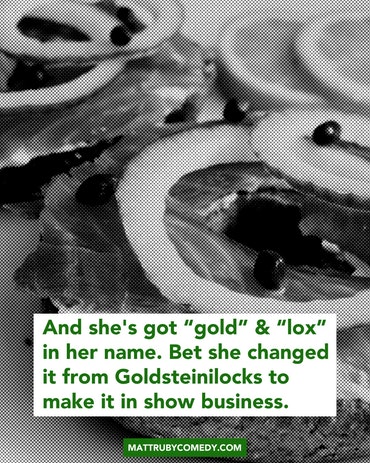
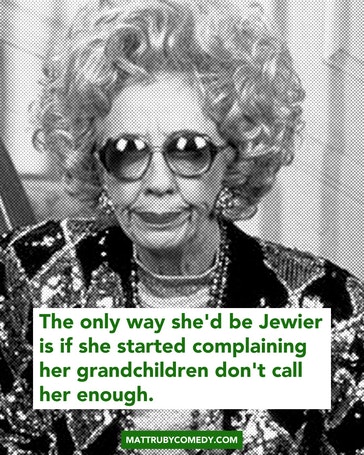


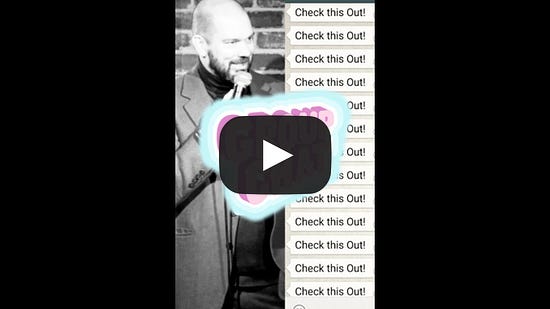





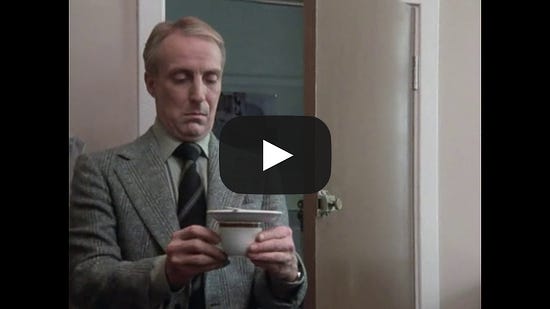







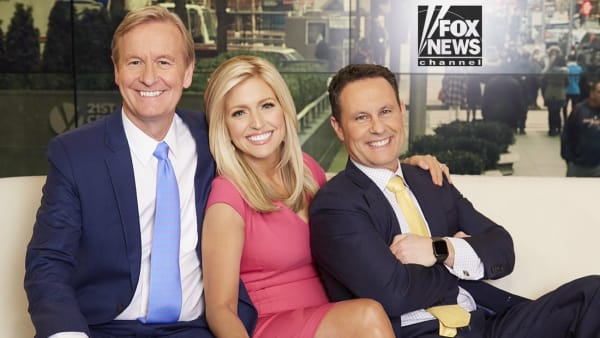

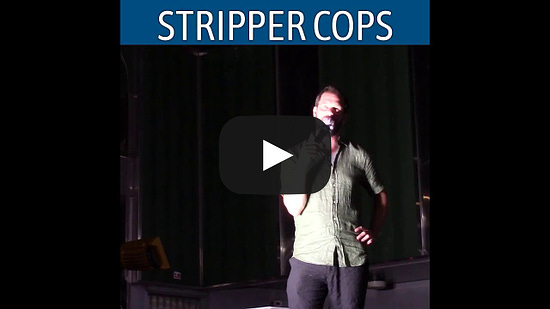








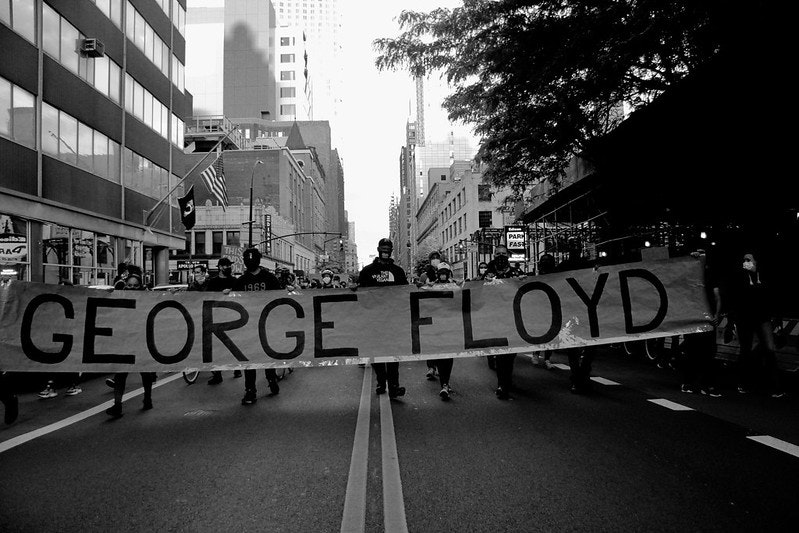
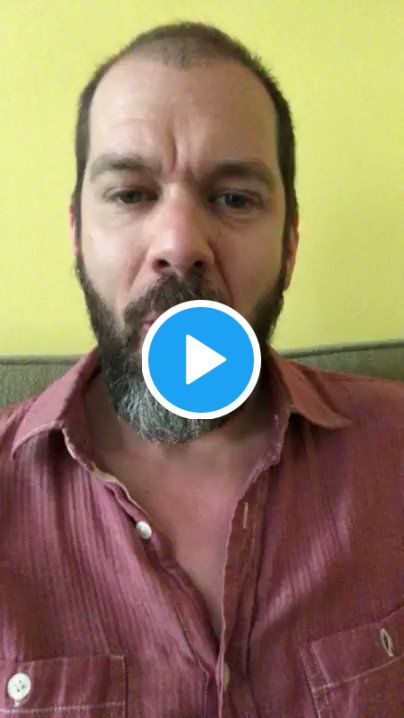




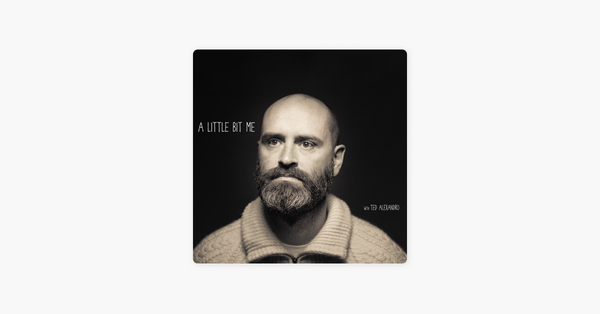
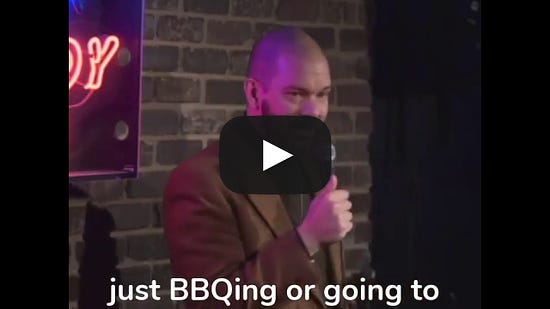


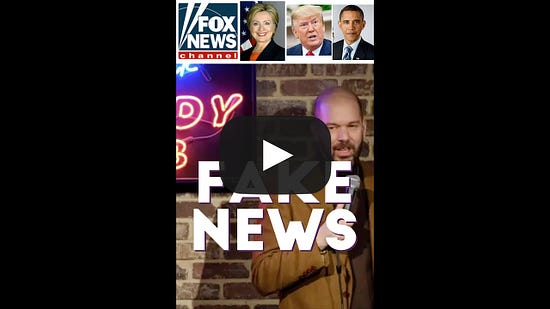
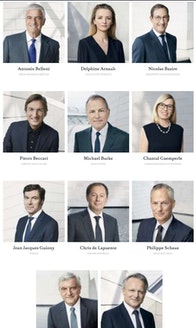

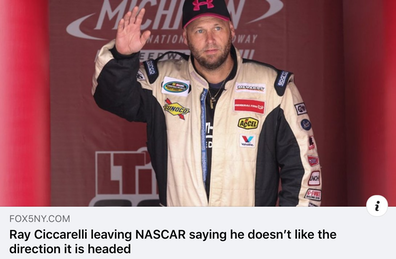

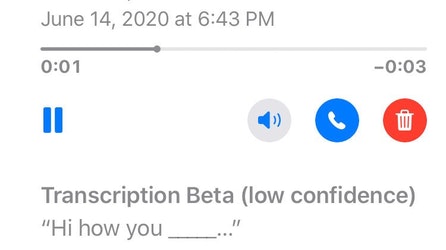
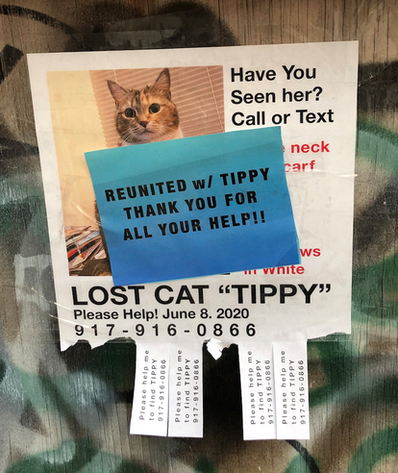


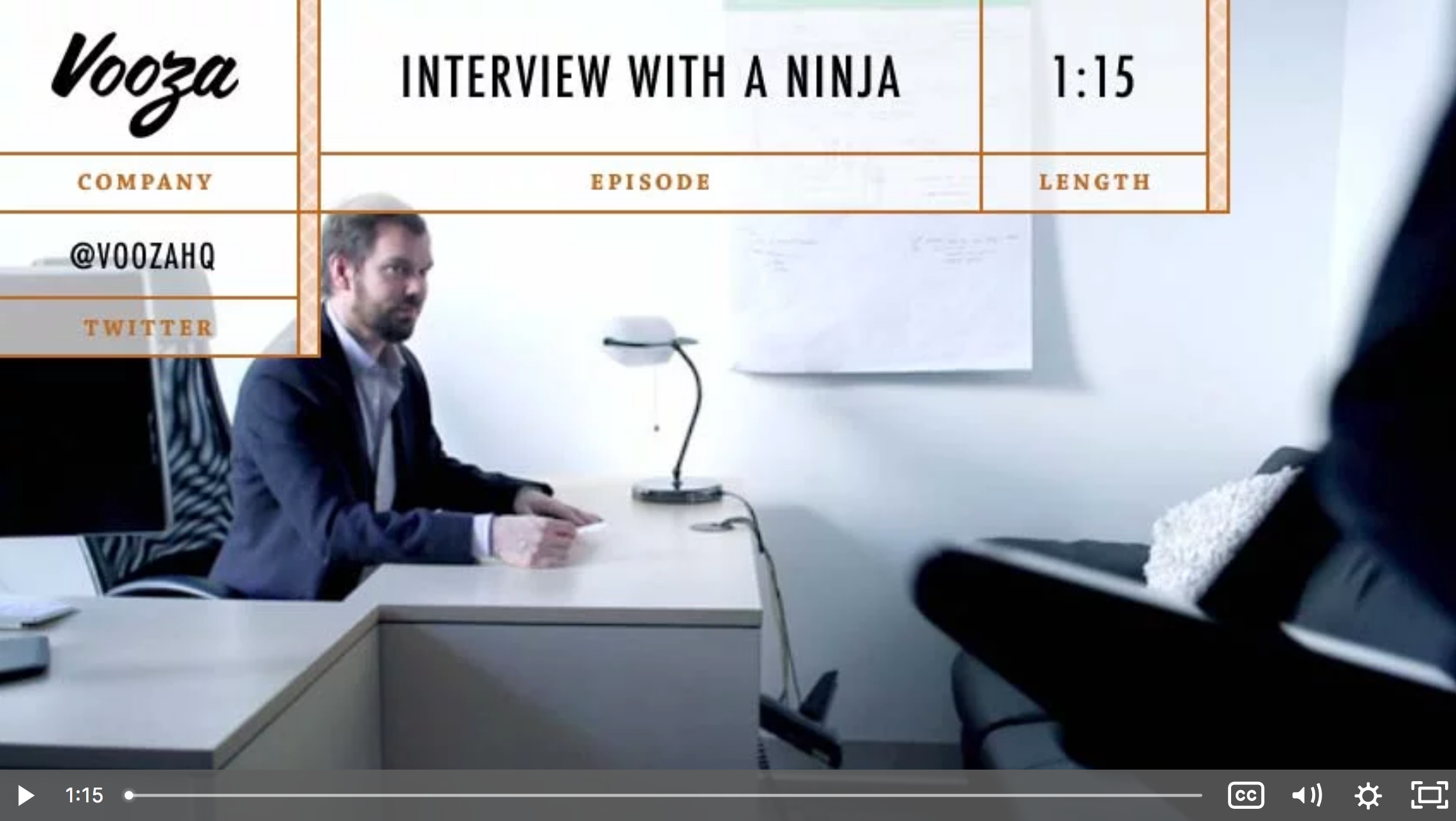


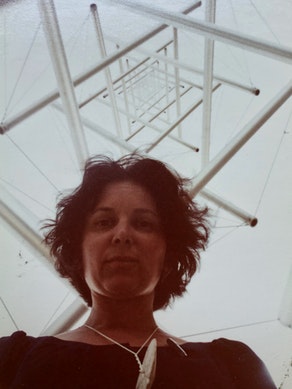
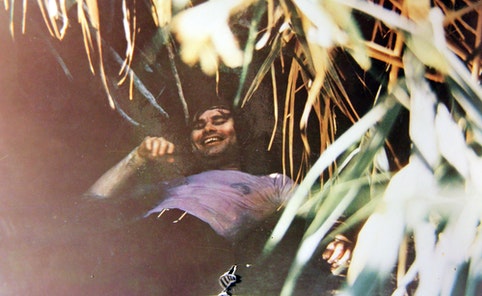
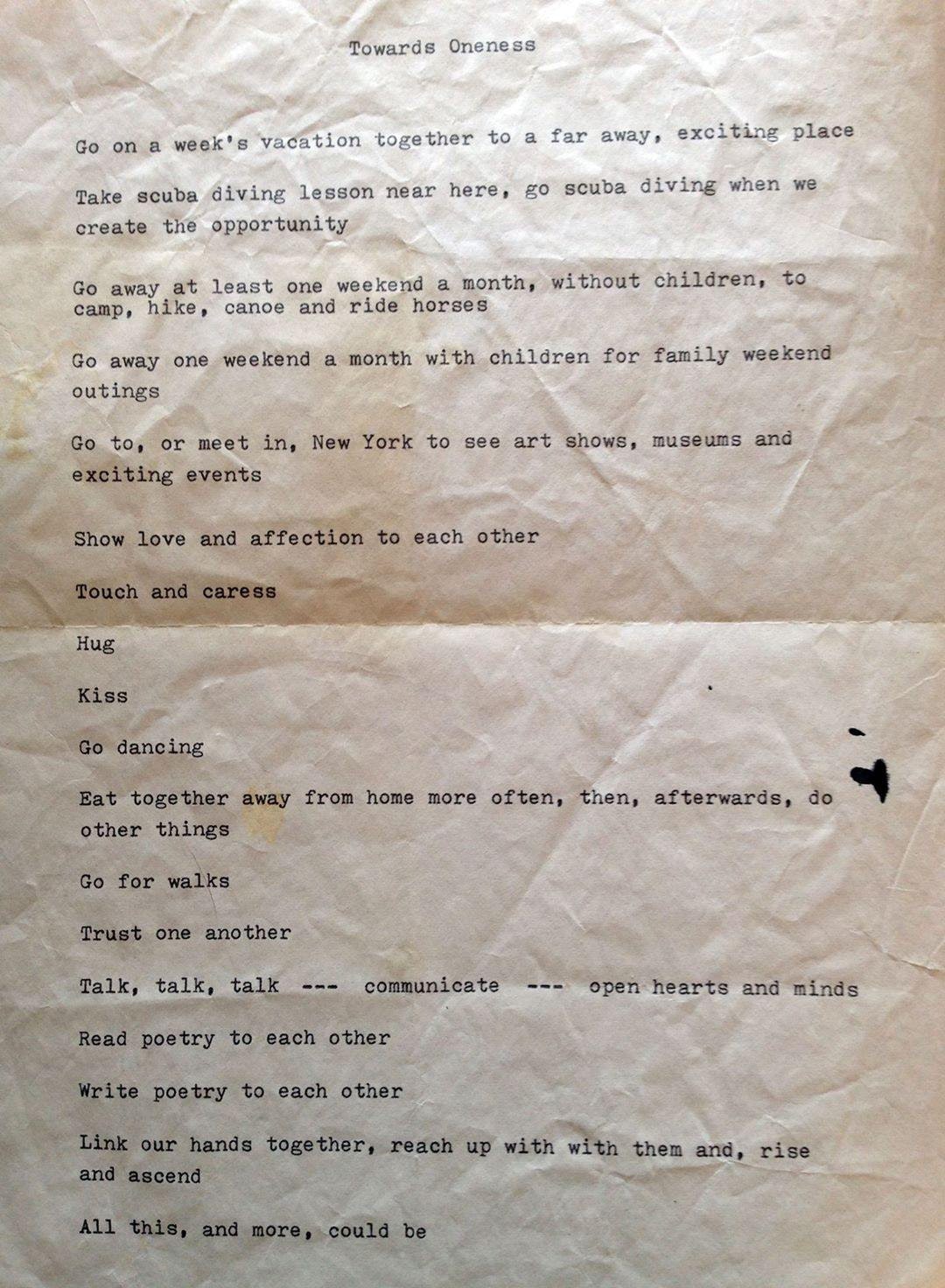
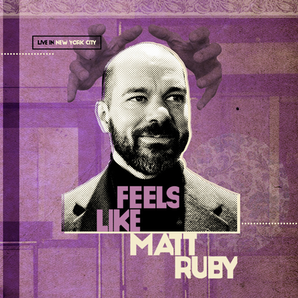
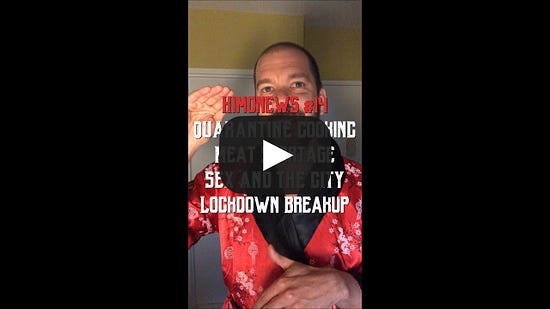








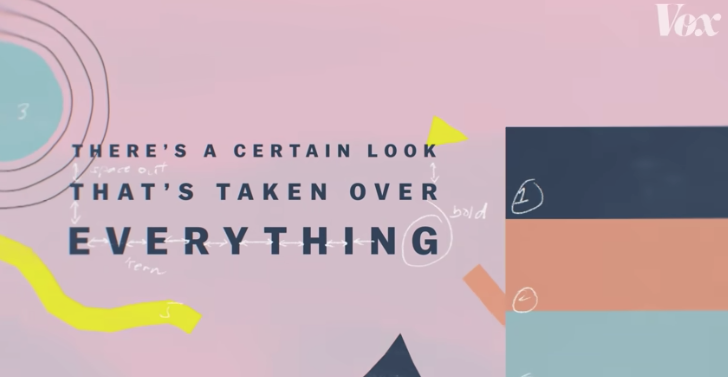

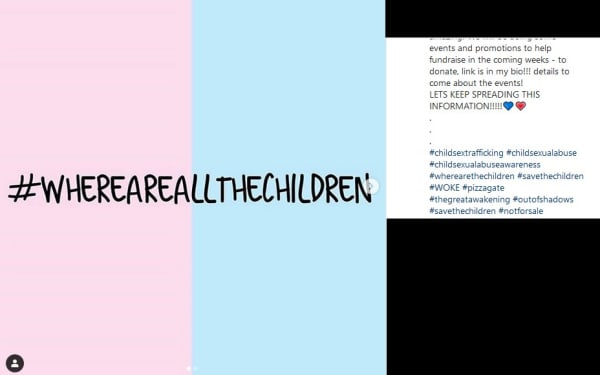
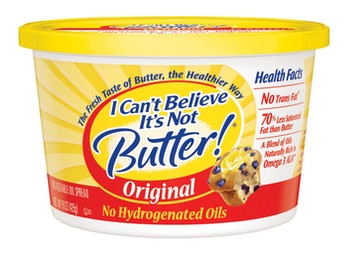
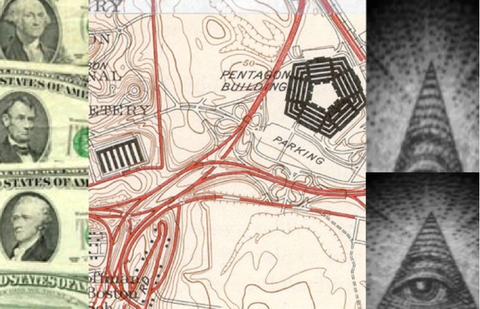
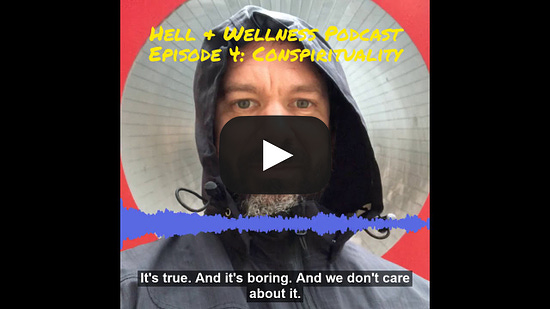
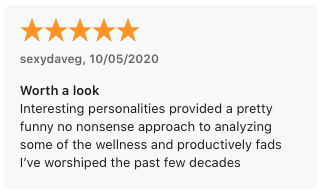

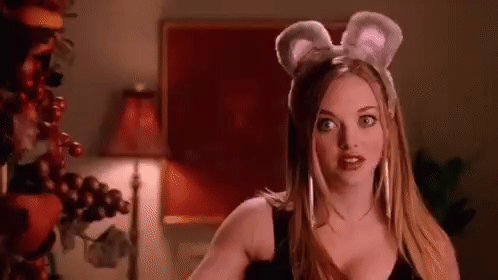


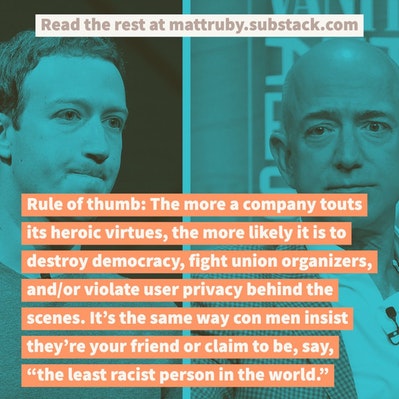




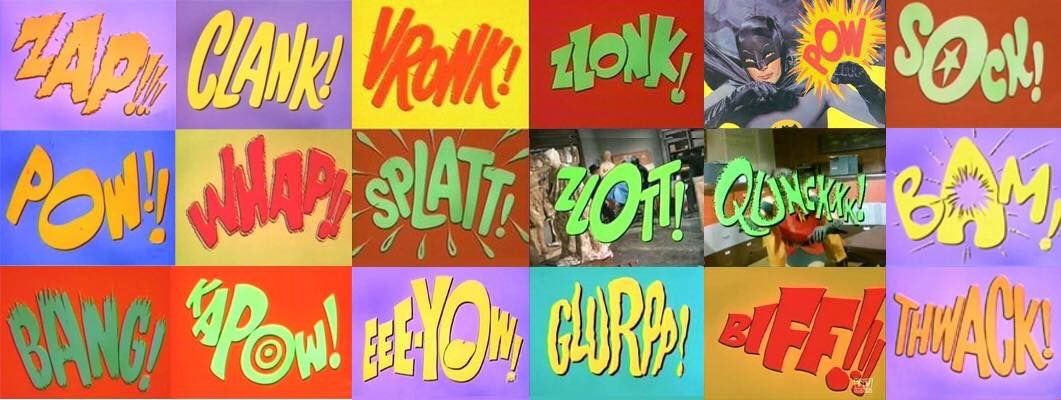
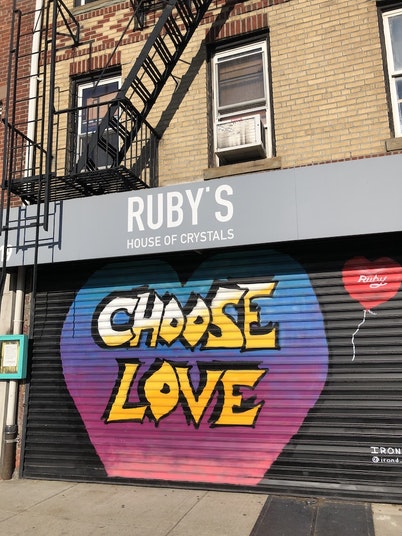
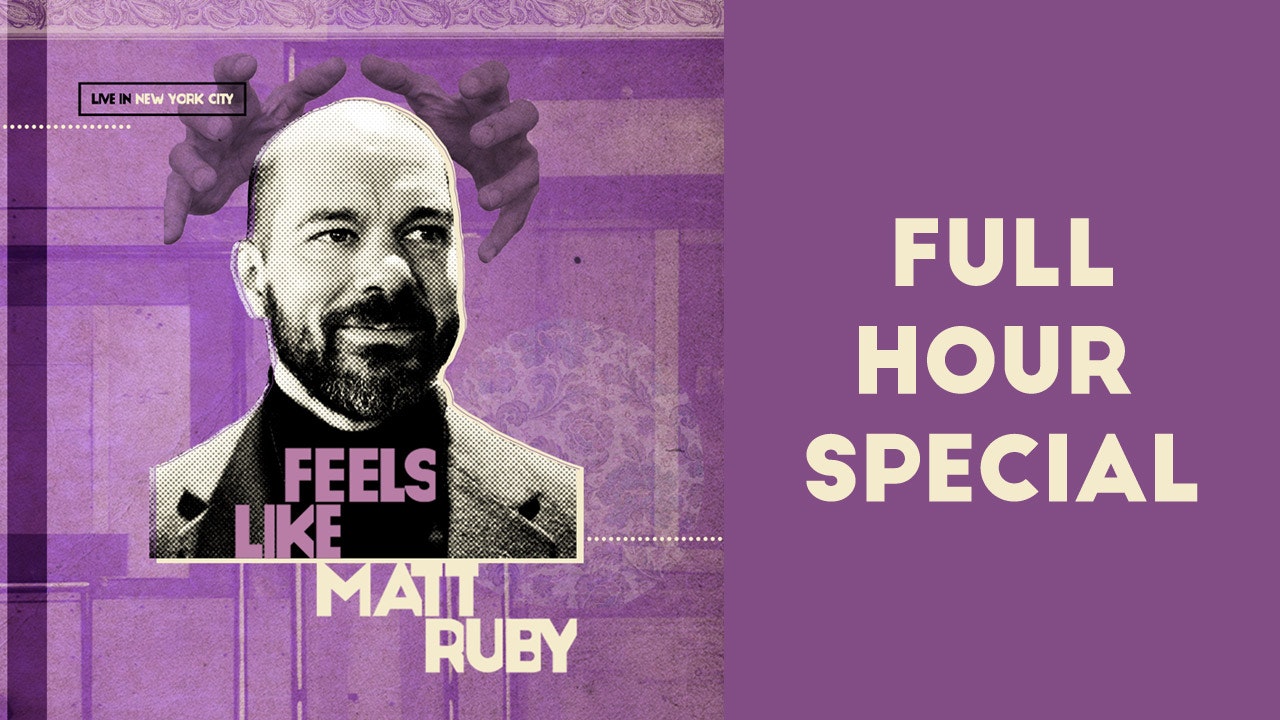
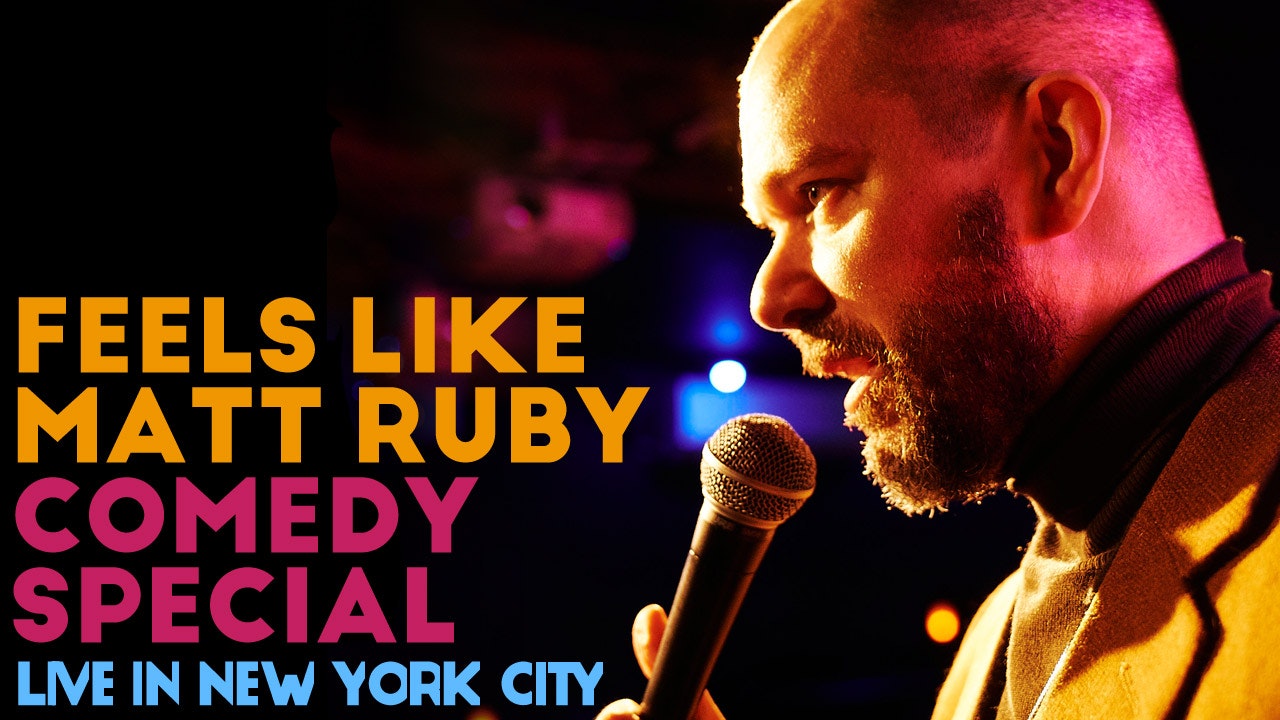




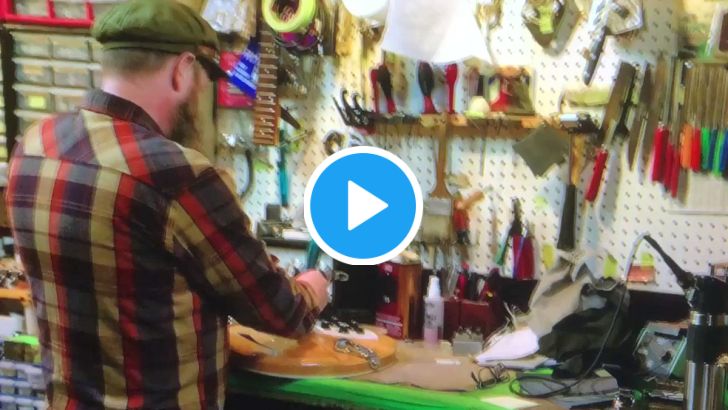



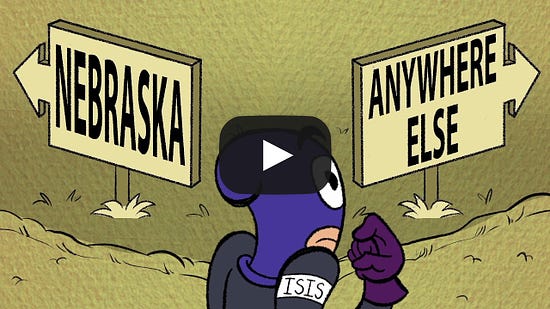
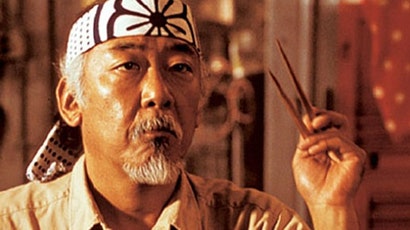
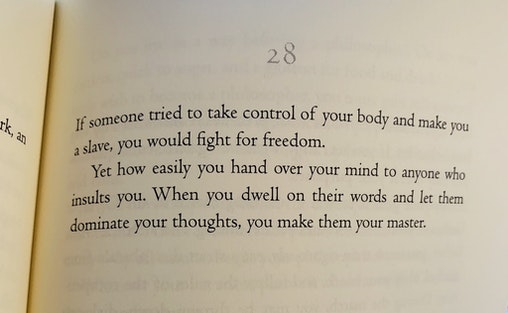
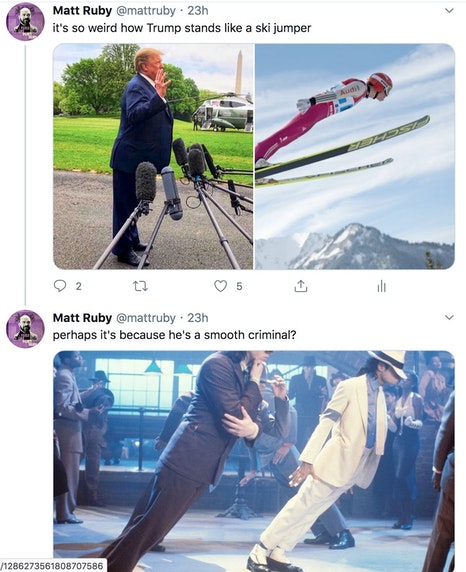

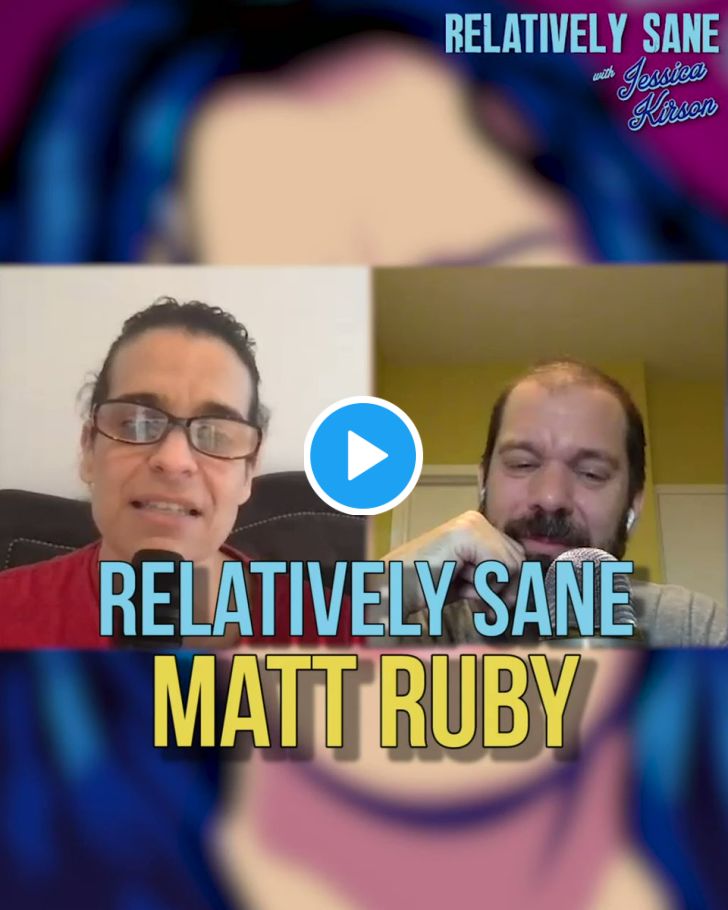

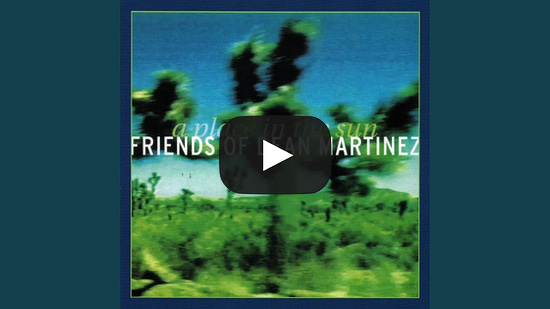


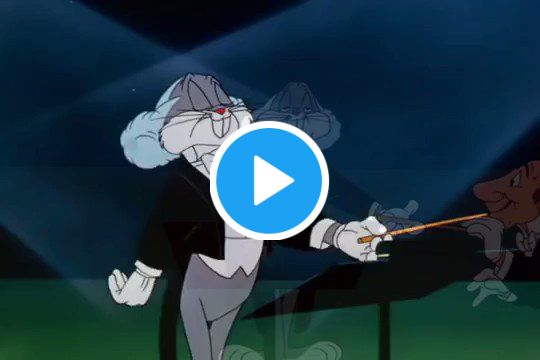
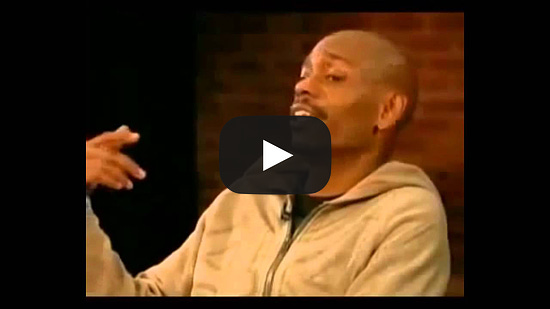

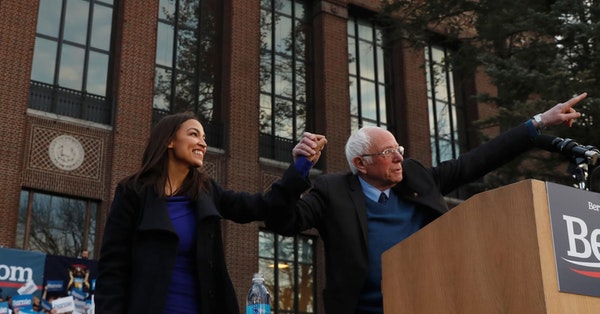


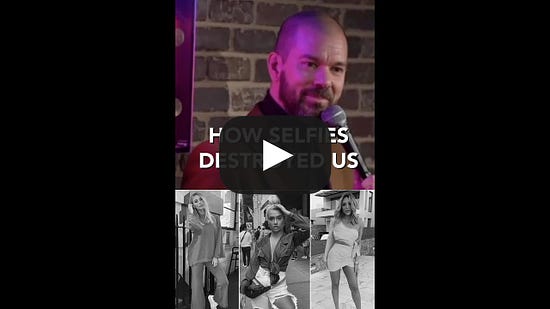


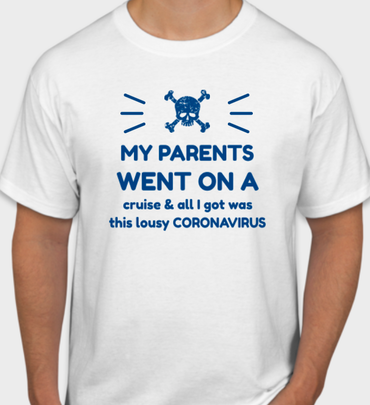
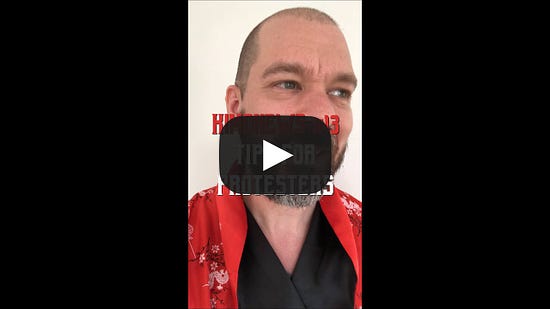
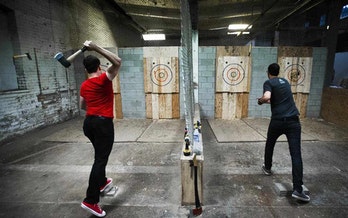
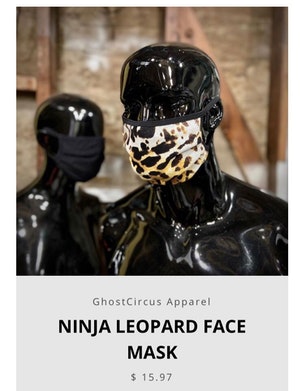
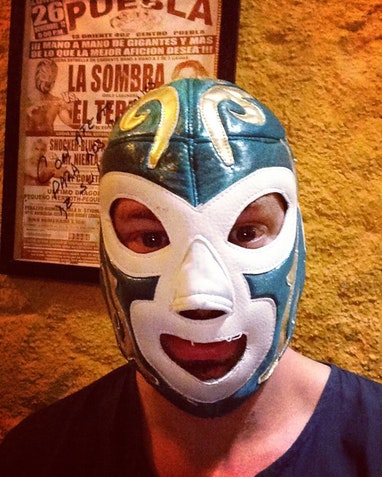
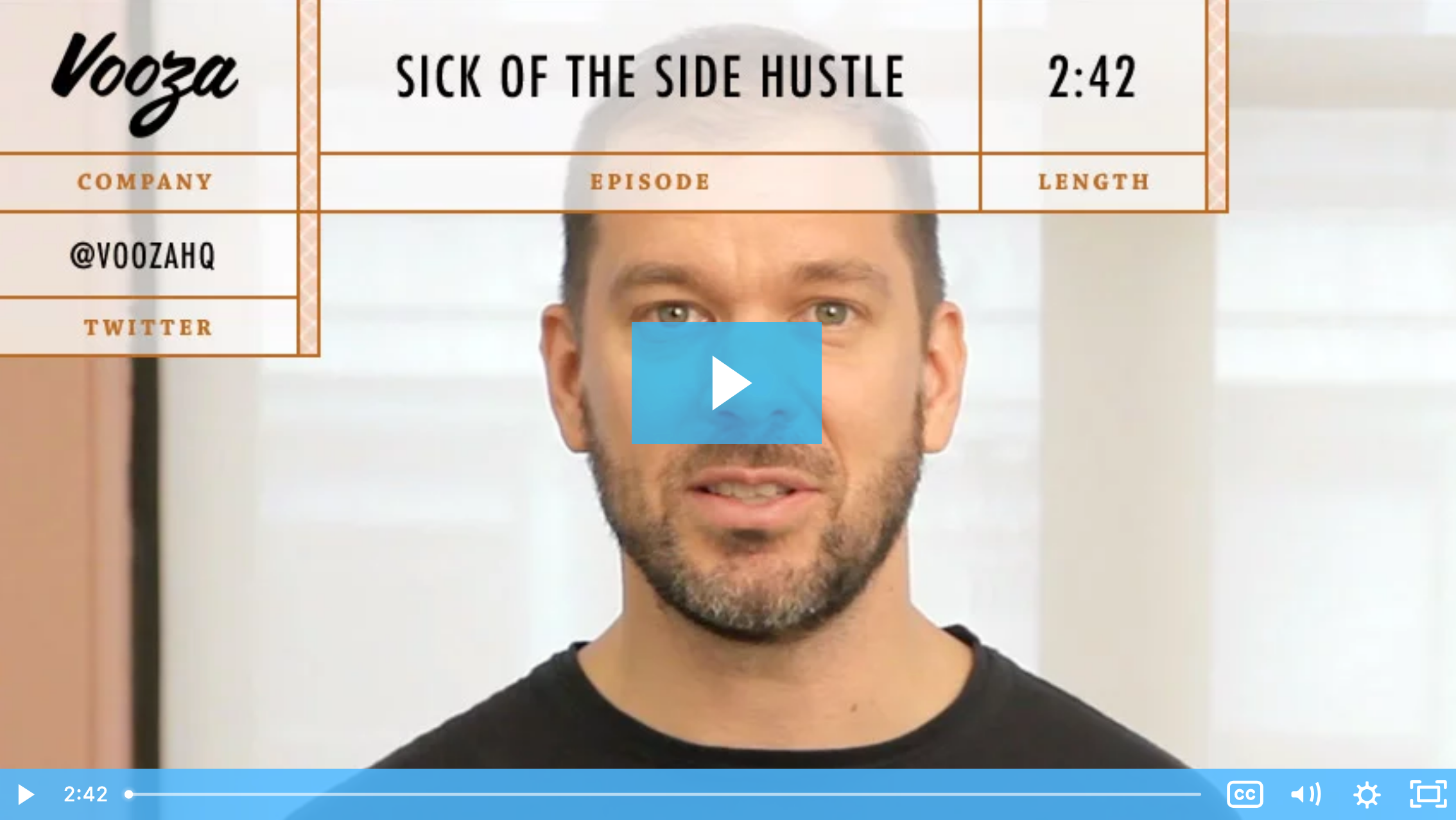
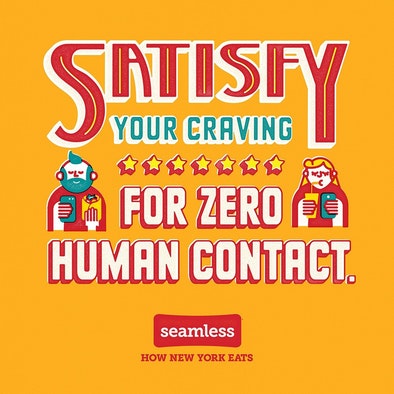


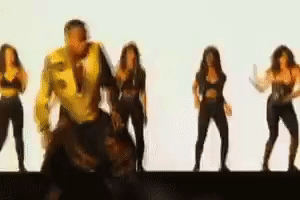
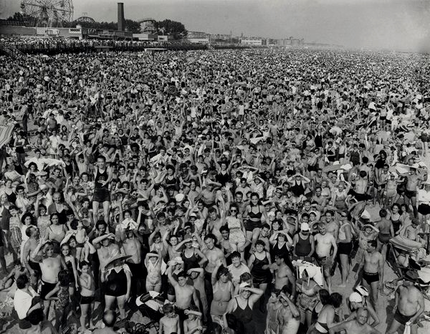
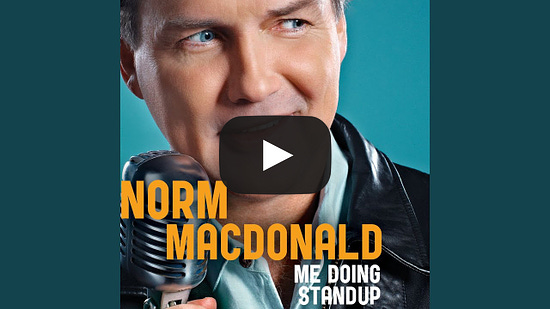
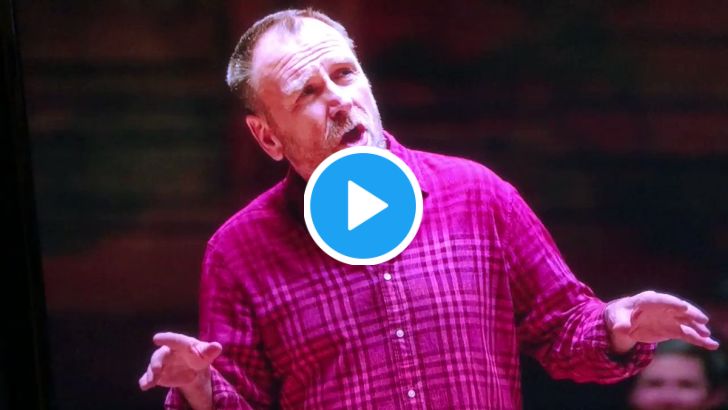


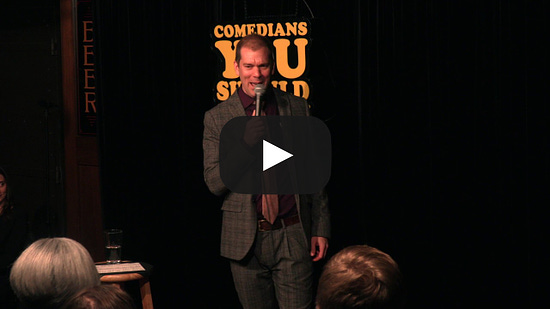
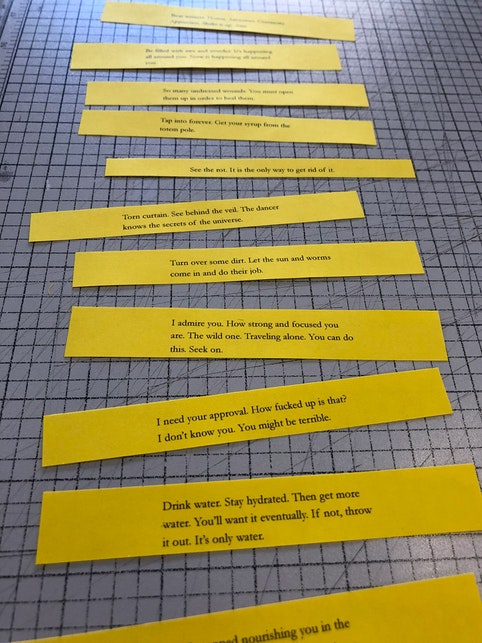


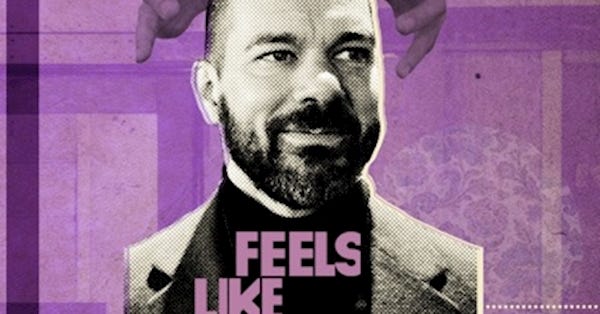
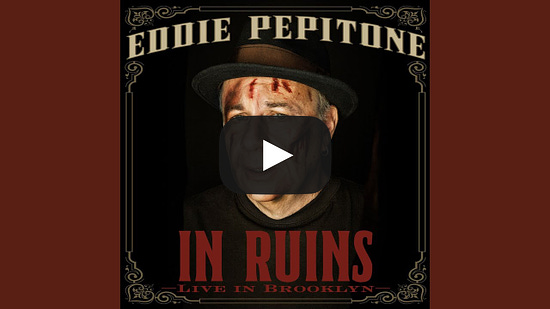


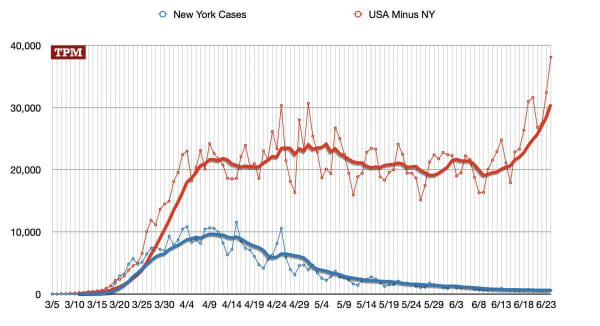




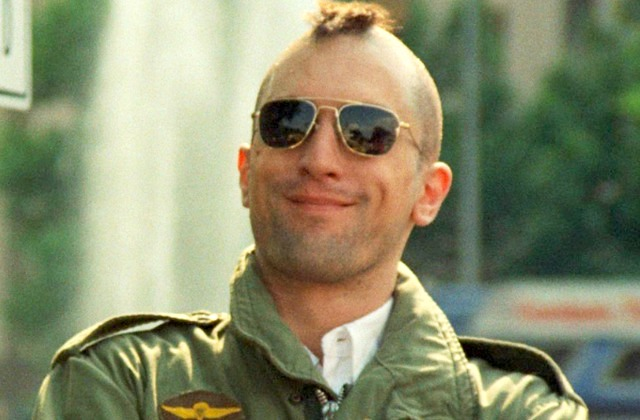
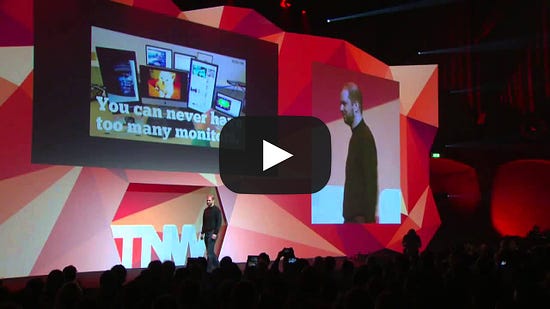

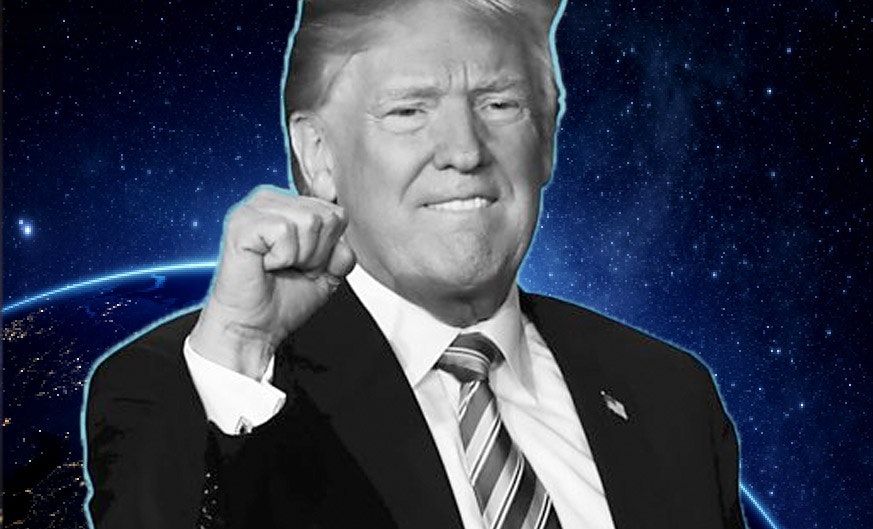
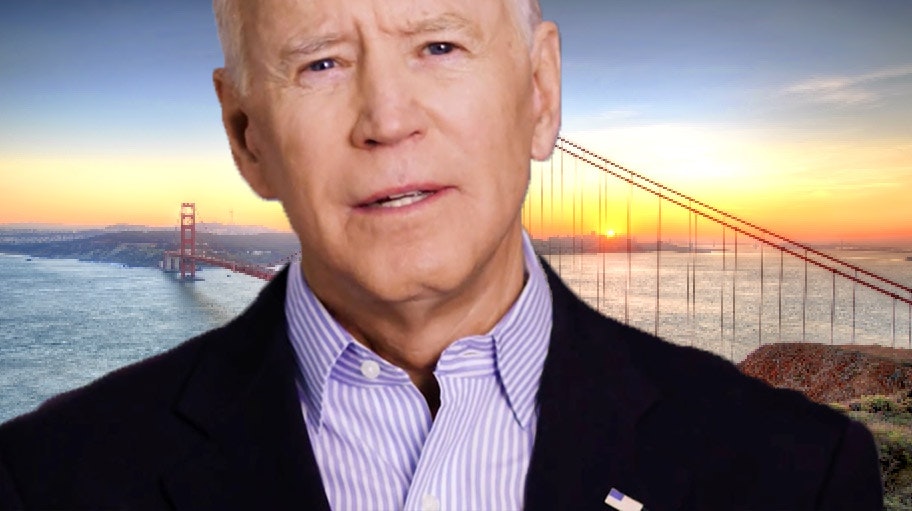



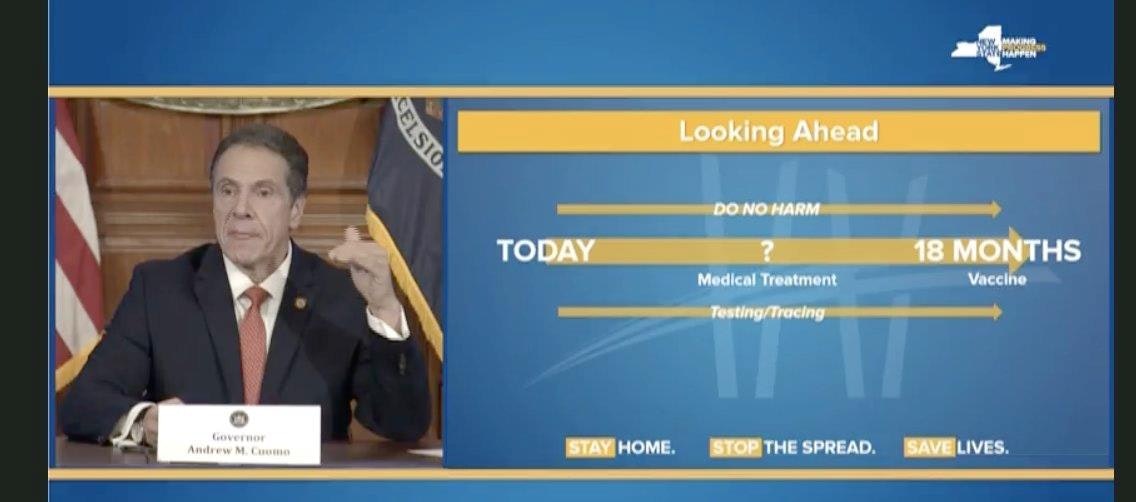
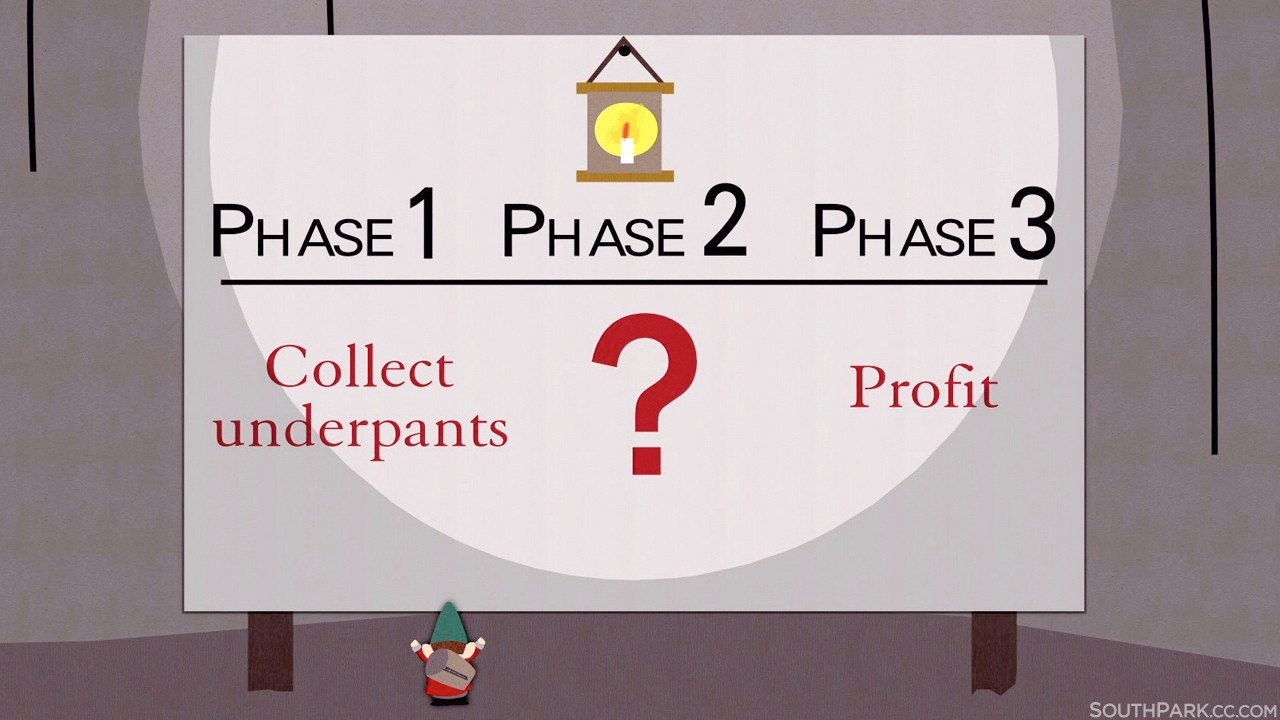

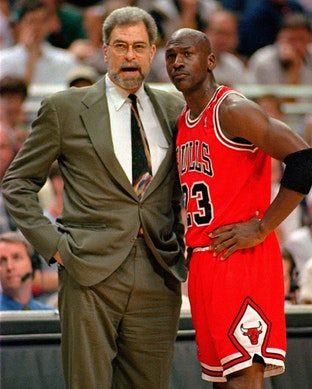
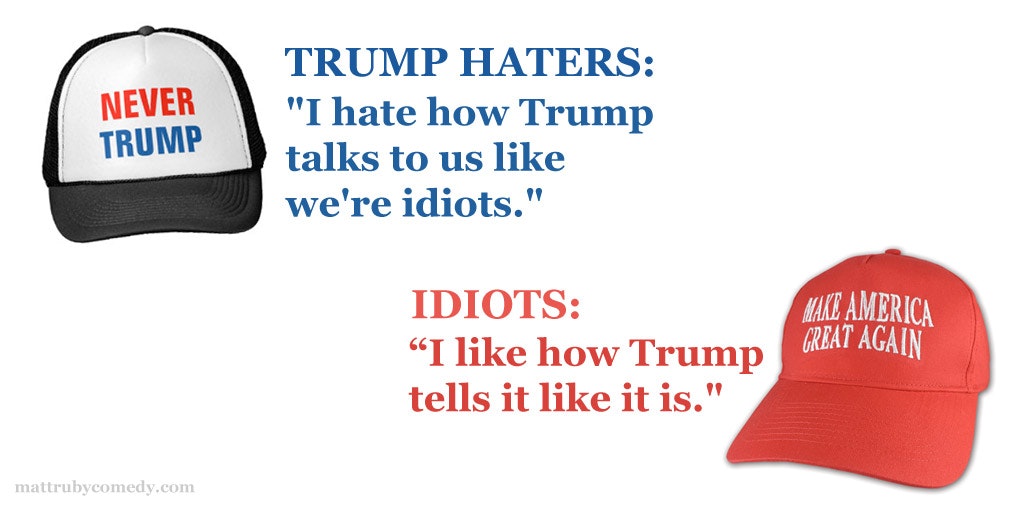


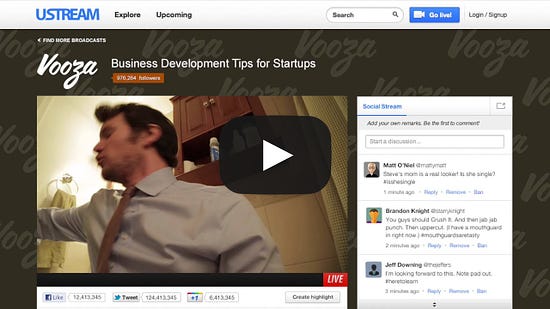
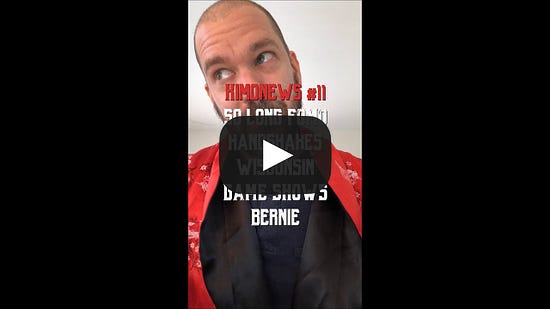


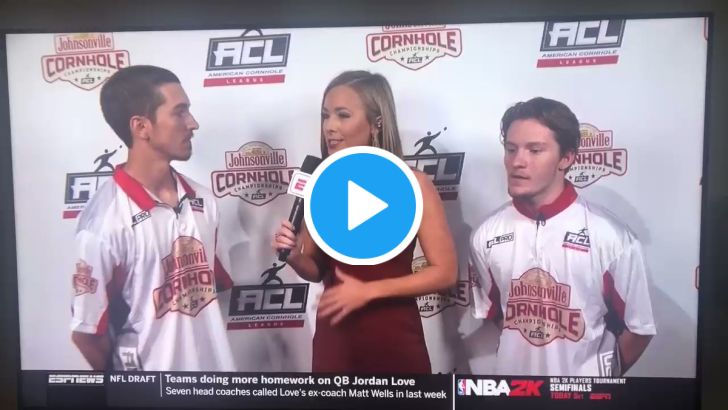
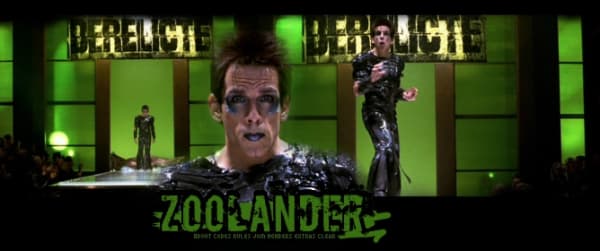

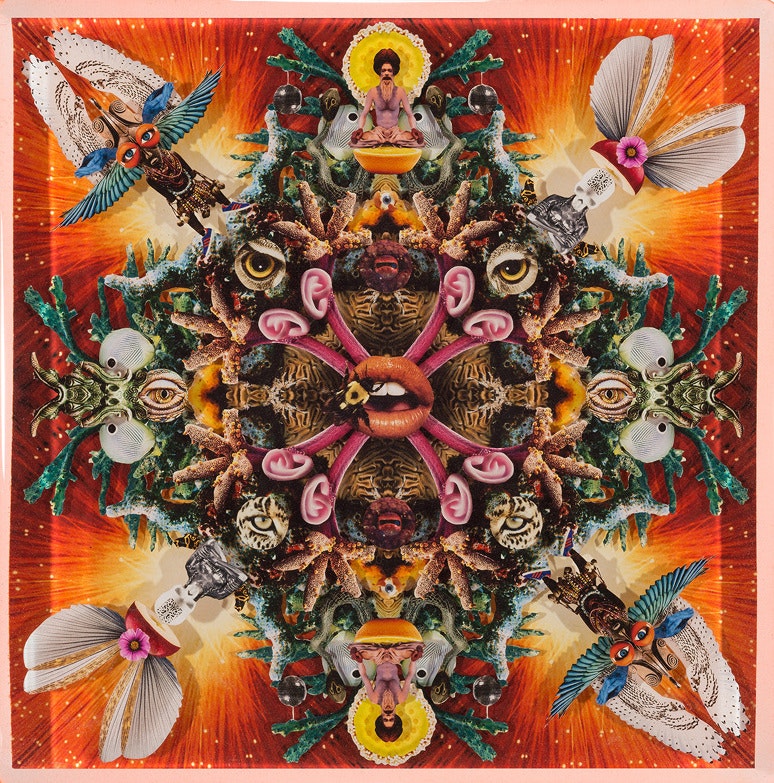



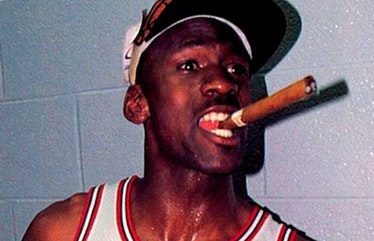
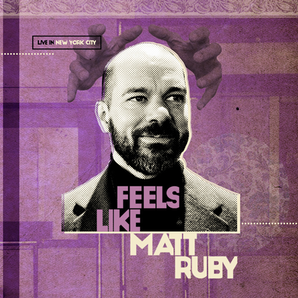
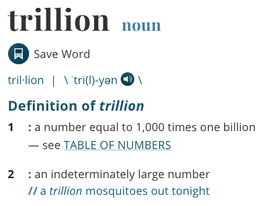

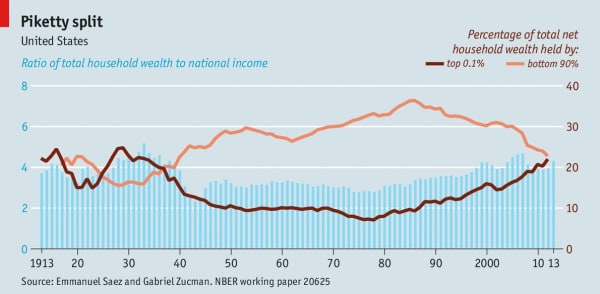
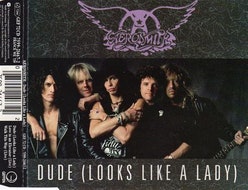

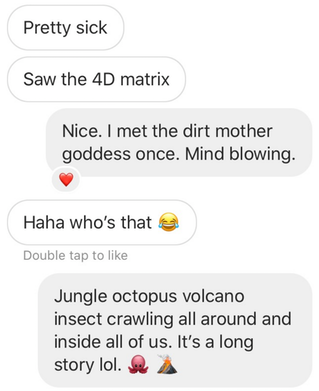


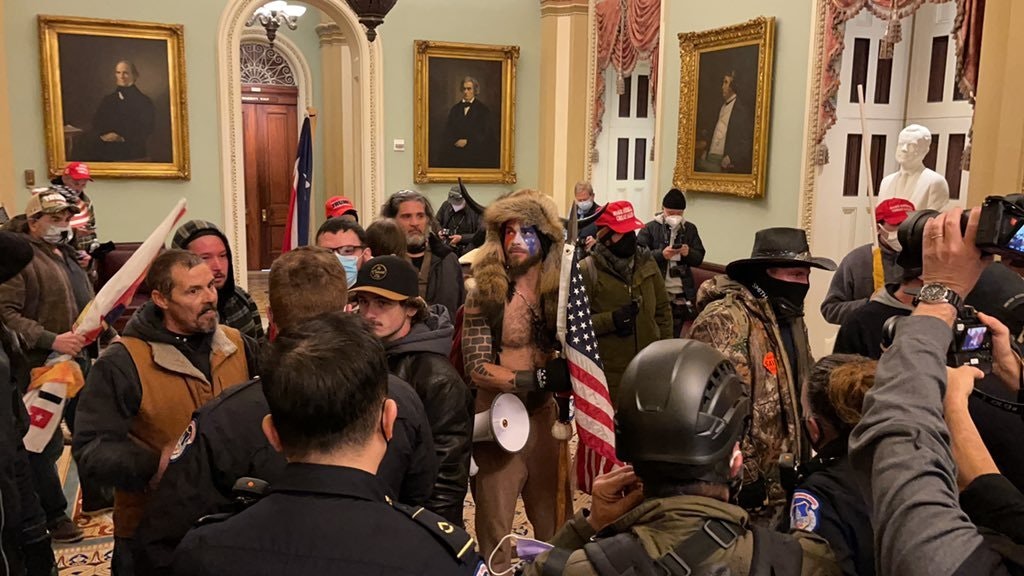

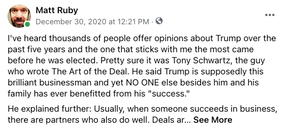
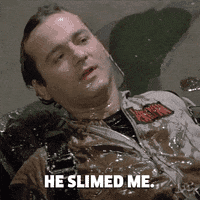

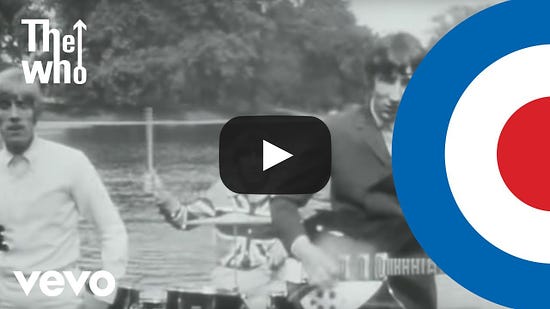
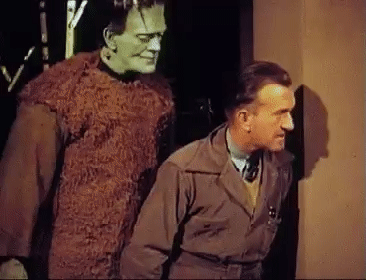
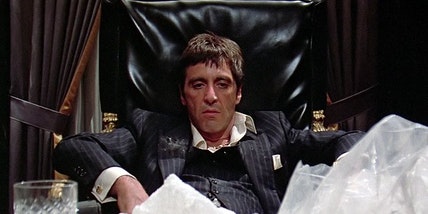



 Arts and Entertainment
Arts and Entertainment Business and Industry
Business and Industry Computer and Electronics
Computer and Electronics Games
Games Health
Health Internet and Telecom
Internet and Telecom Shopping
Shopping Sports
Sports Travel
Travel More
More